Moved to New York, launched a new site! Check out NYC Looks and follow @nyc_looks on Instagram.
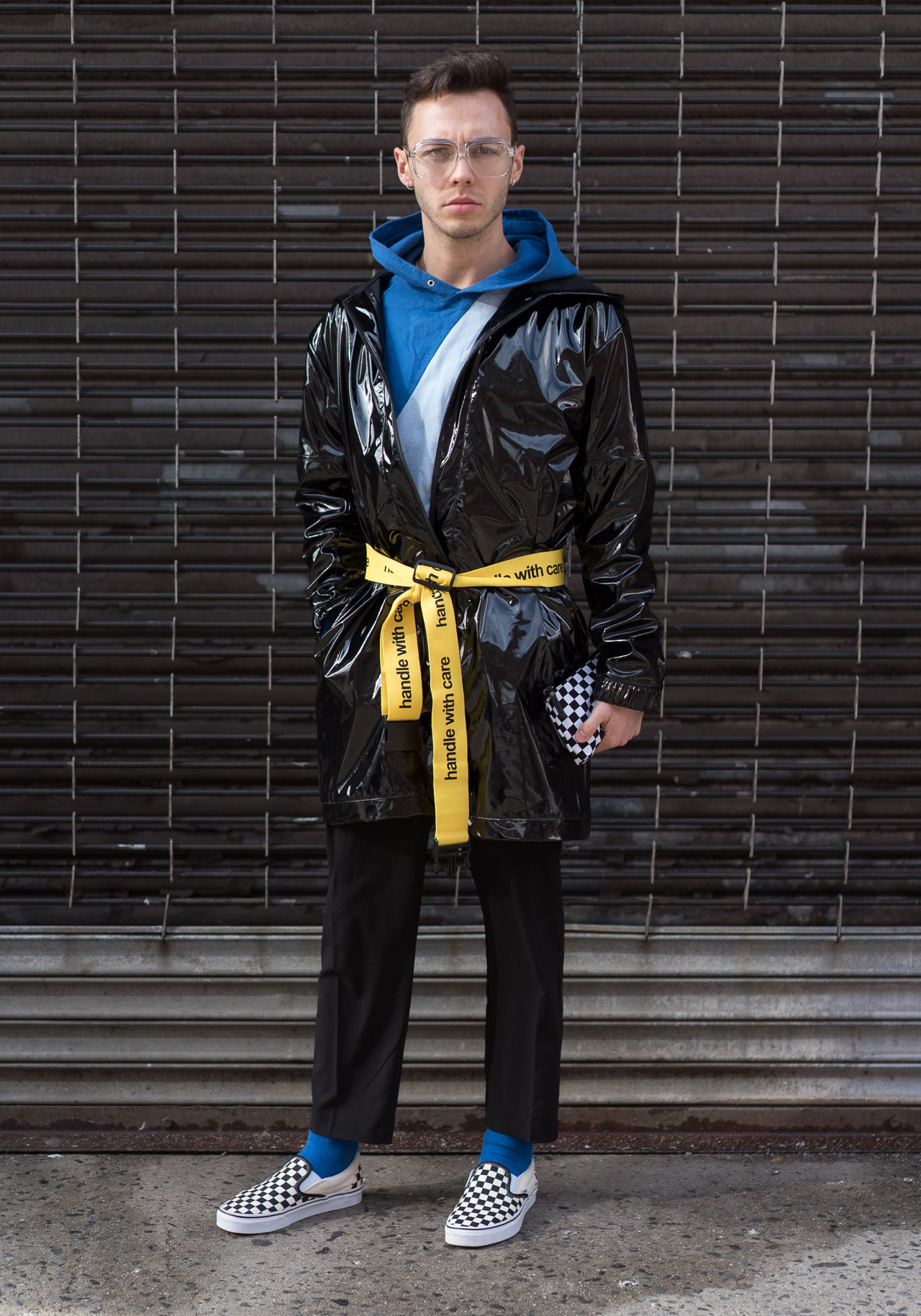
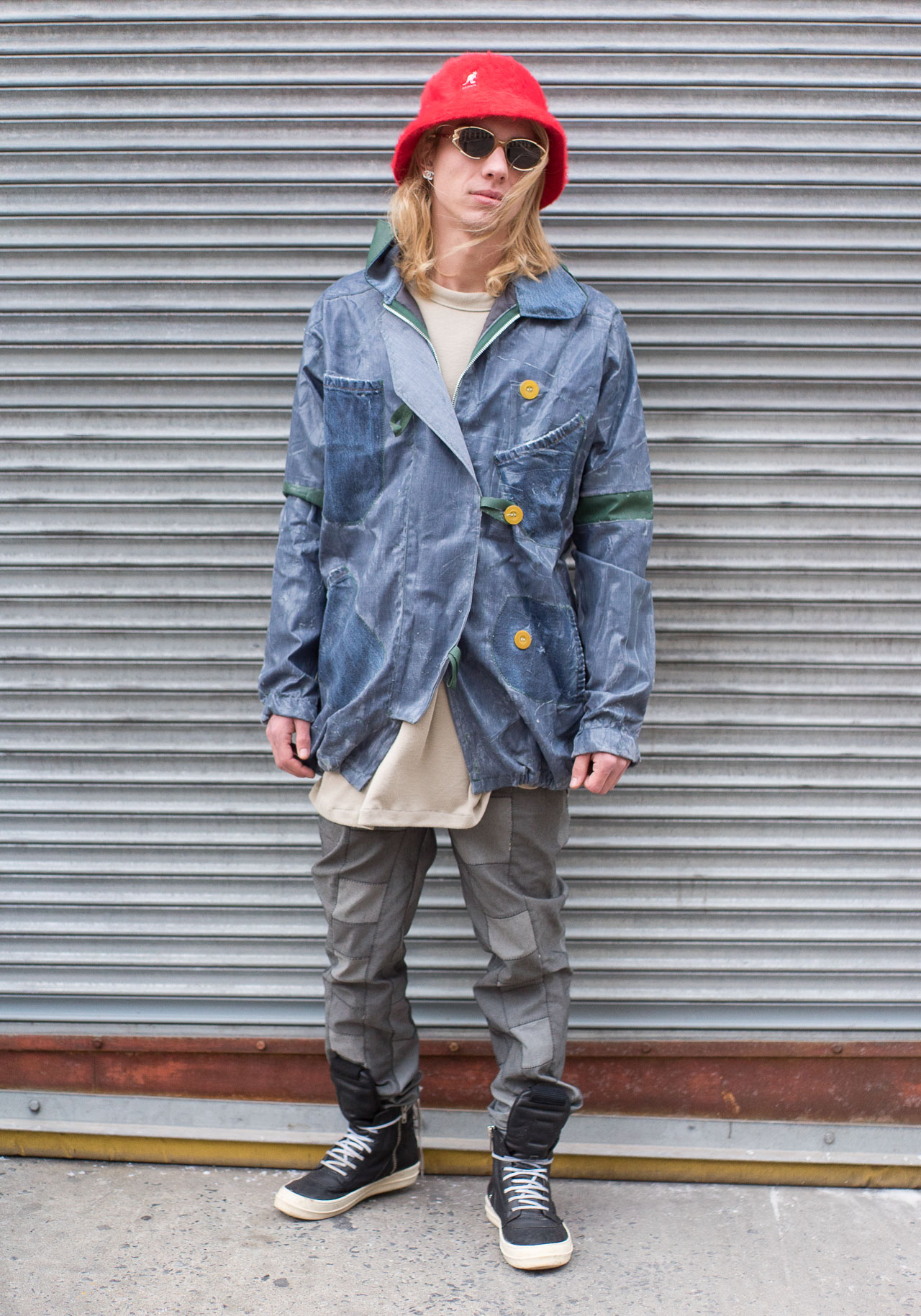
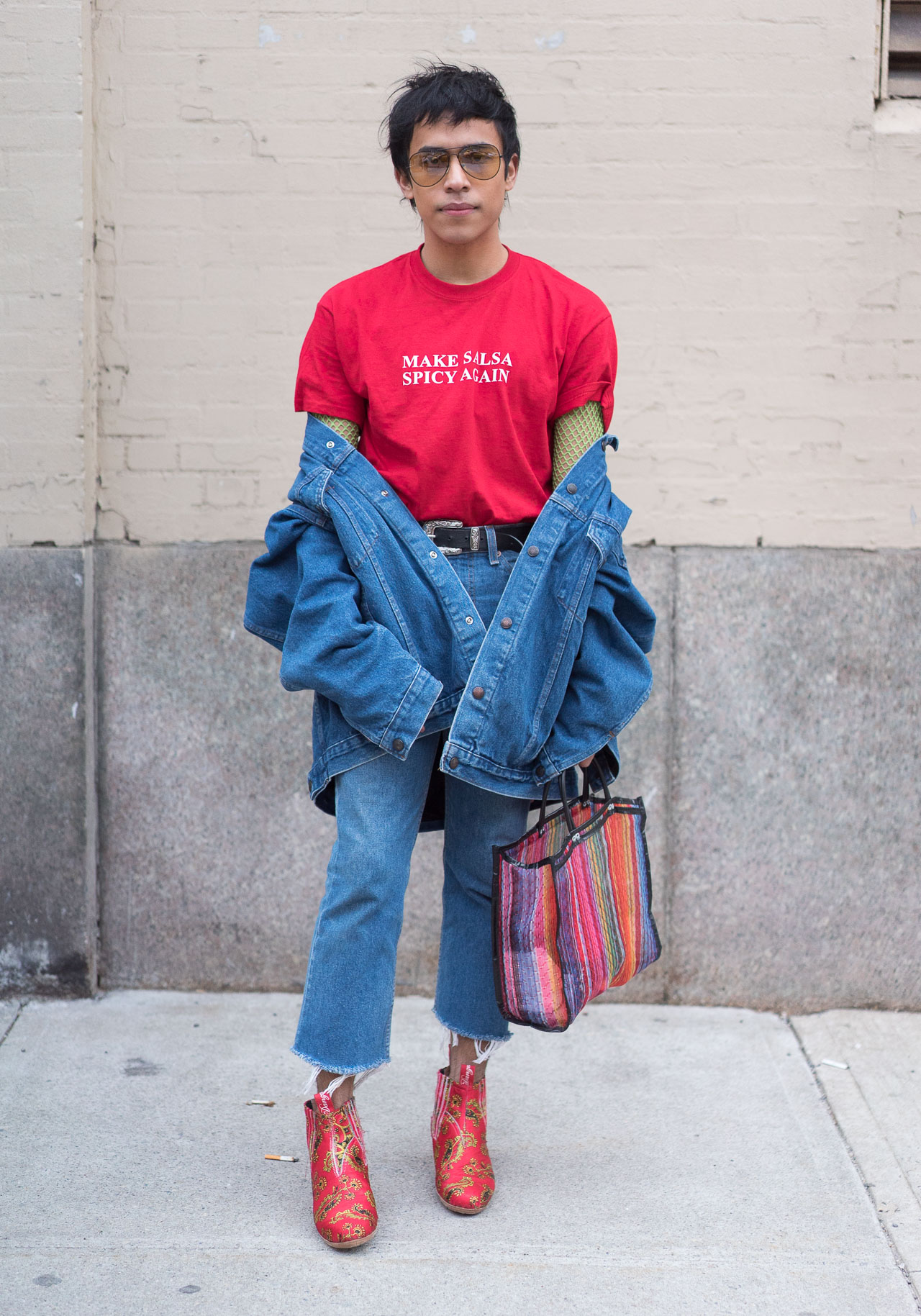
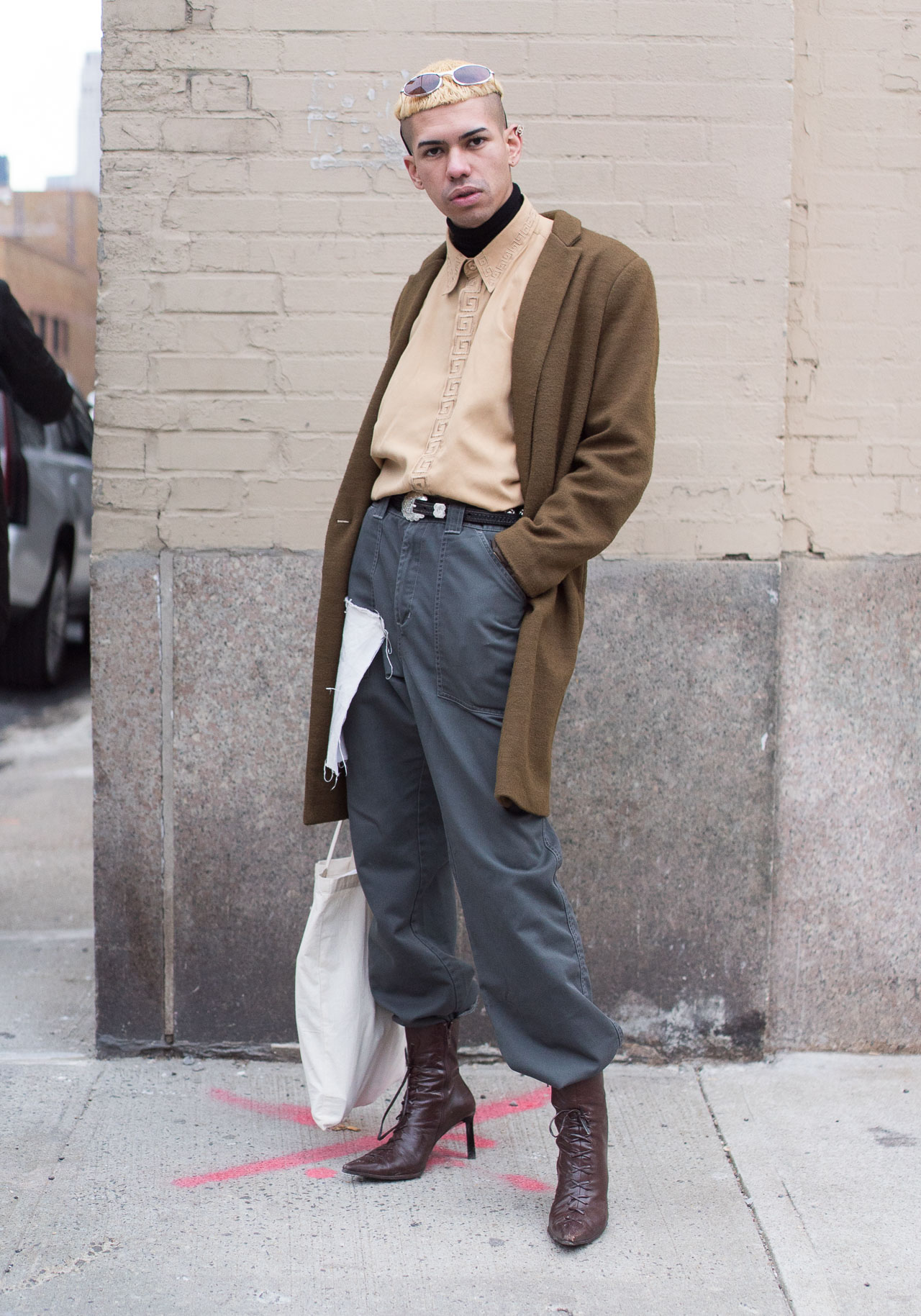
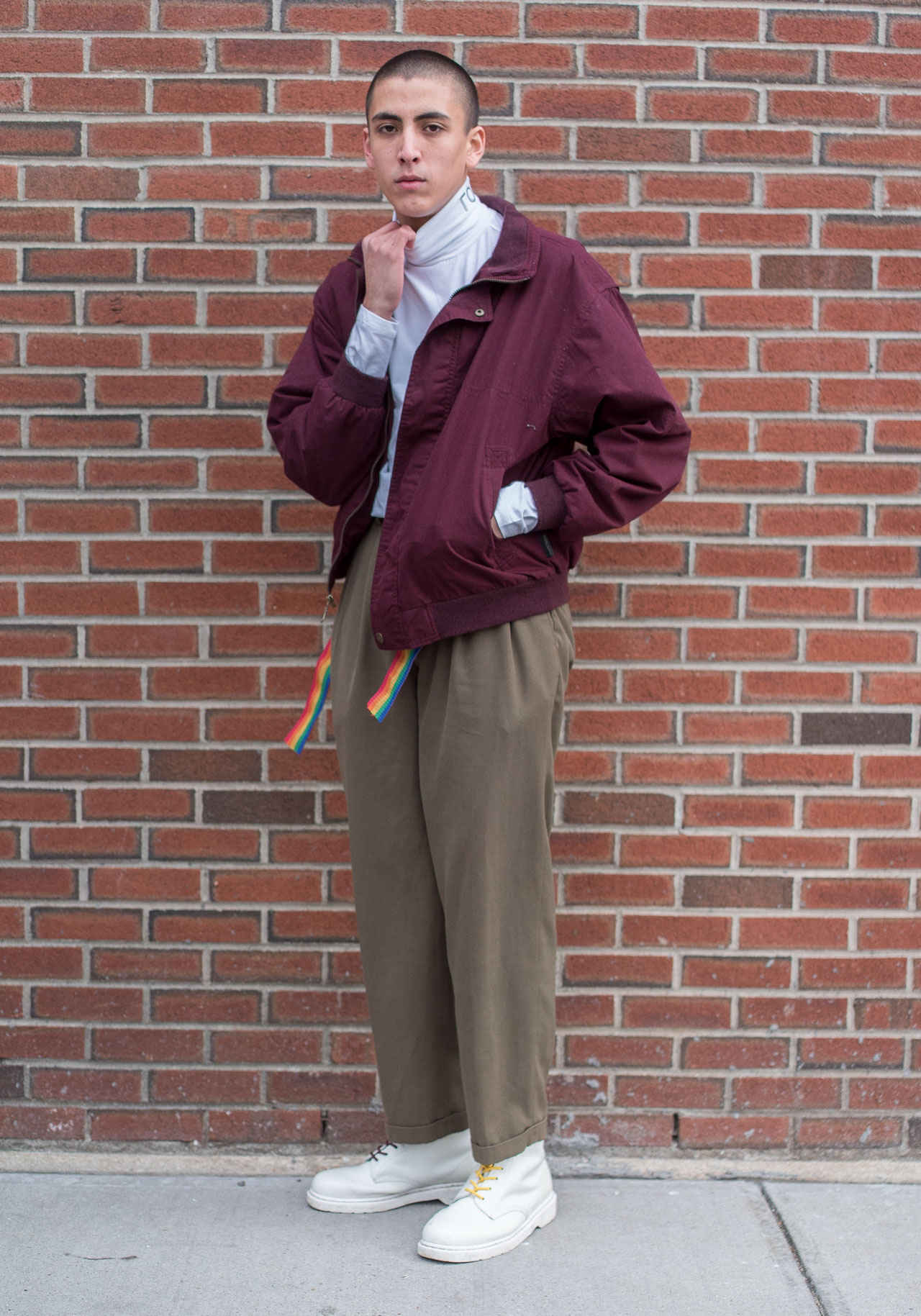
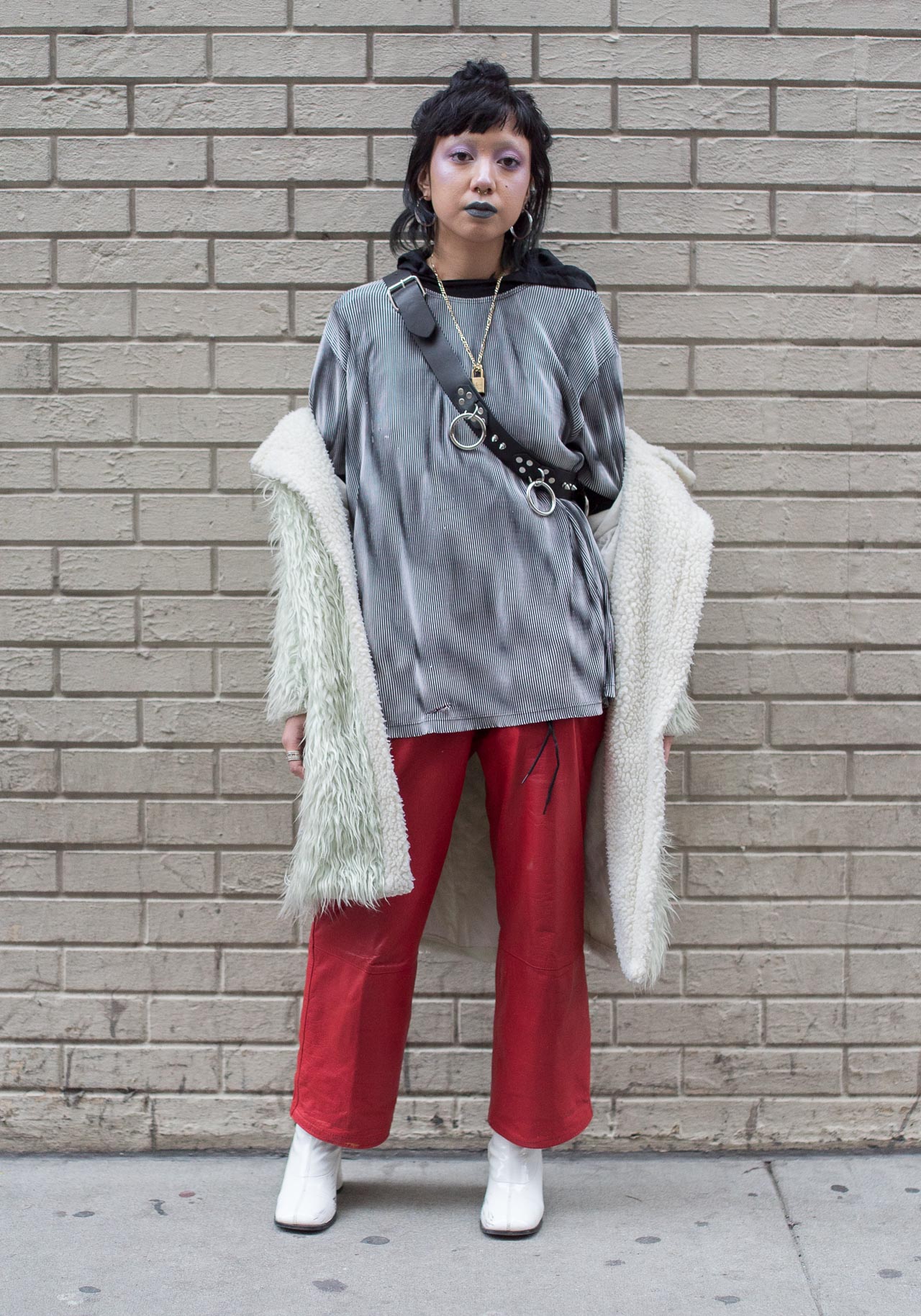
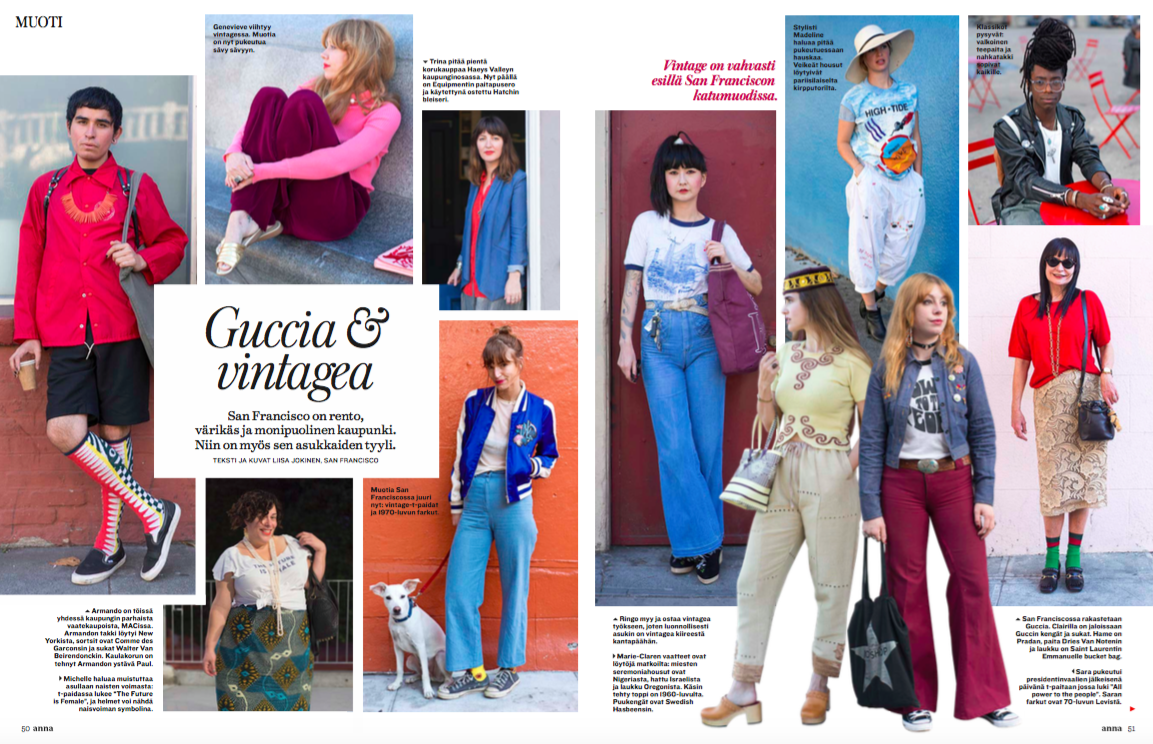
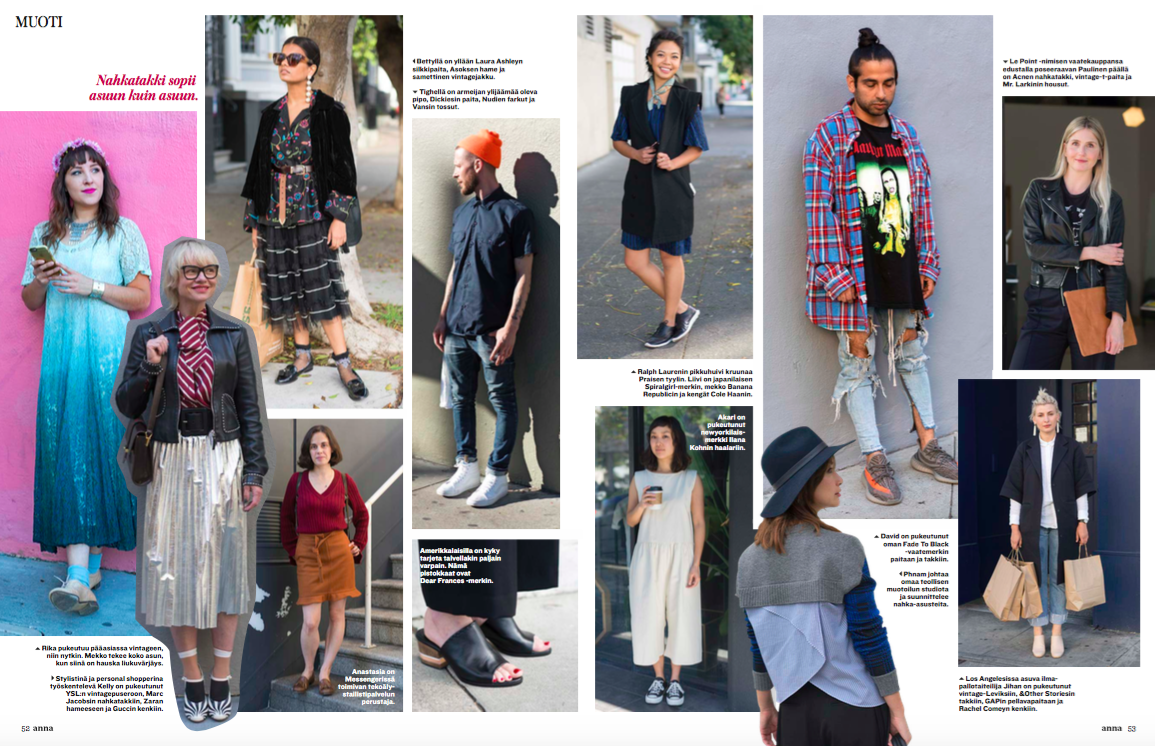 A San Francisco street style for the Finnish Anna magazine. All photos by me.
A San Francisco street style for the Finnish Anna magazine. All photos by me.
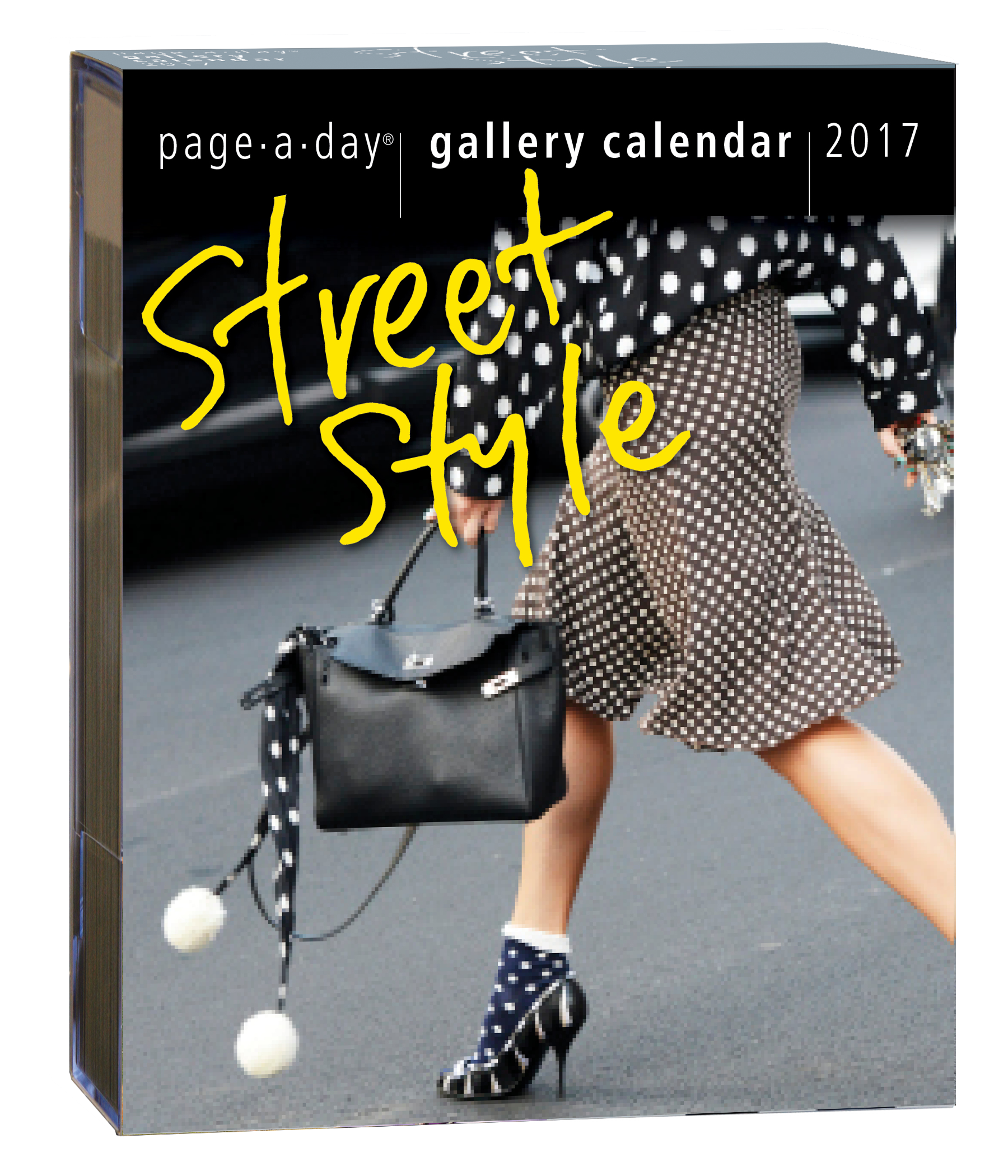
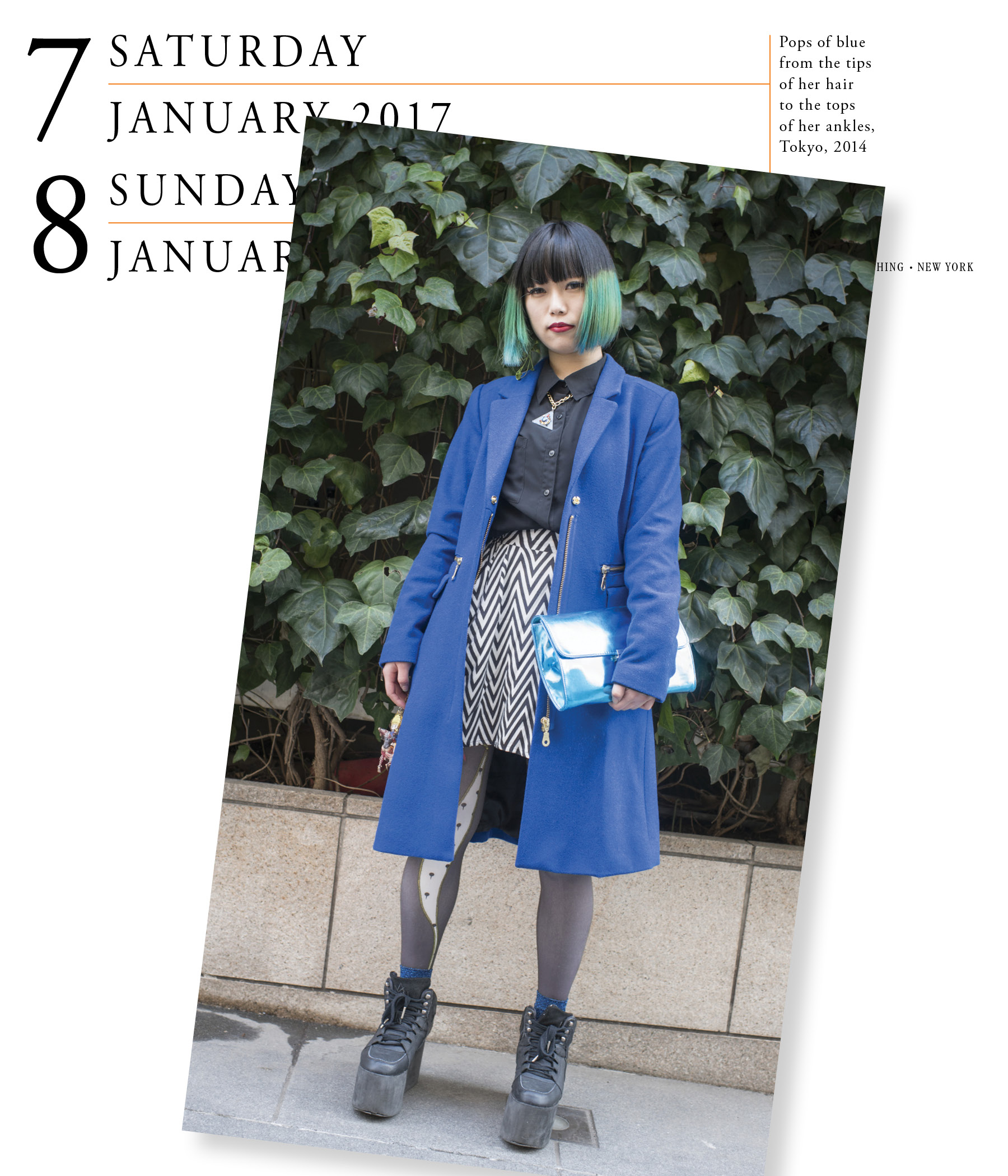
There is a new calendar for fashion lovers, for people-watchers, for anyone who appreciates head-turning style. Street Style page-a-day calendar for the year 2017 is probably first of it’s kind. I had the honor and pleasure to provide several Hel Looks and SF Looks photos for the calendar. Oh and guess whose picture is in the calendar, too..?
Quoting the publisher, Workman Publishing: “Street photography is not about the trends and models of glossy magazines; it’s about showcasing regular people who have a bold, singular way with clothing and accessories. Street Style celebrates the beauty and spirit of unconventional style.”
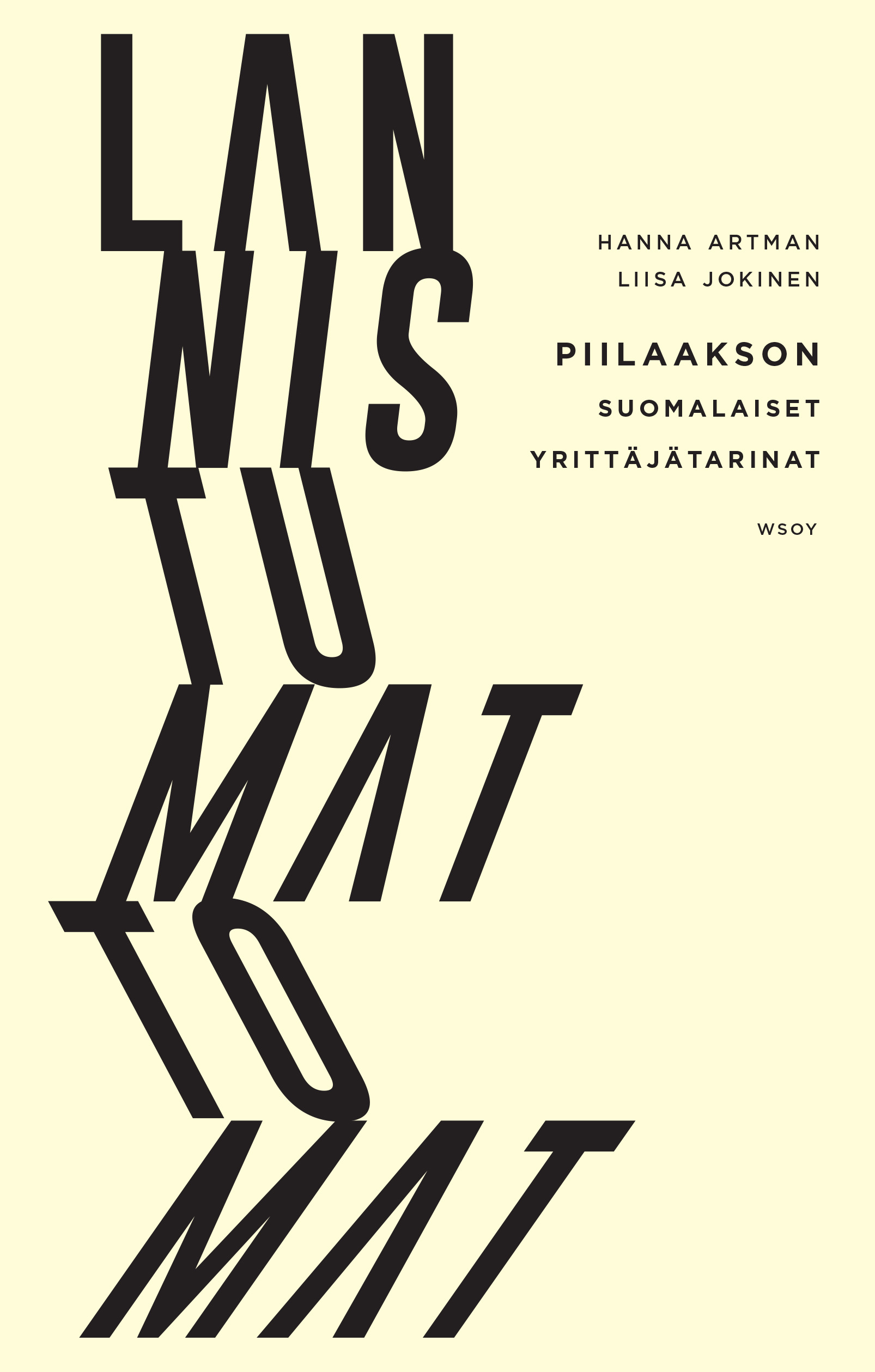 Minun ja Hanna Artmanin teos Lannistumattomat – Piilaakson suomalaiset yrittäjätarinat ilmestyi tänään! Löytyy kaupoista, kirjastoista ja e-kirjana. Kirjassa on 14 suomalaisen yrittäjän tarinat siitä, miten he päätyivät Piilaaksoon ja mitä he ovat täällä oppineet. Mukana ovat muun muassa Mårten Mickos, Mika Salmi, Sami Inkinen ja Ulla Engeström.
Minun ja Hanna Artmanin teos Lannistumattomat – Piilaakson suomalaiset yrittäjätarinat ilmestyi tänään! Löytyy kaupoista, kirjastoista ja e-kirjana. Kirjassa on 14 suomalaisen yrittäjän tarinat siitä, miten he päätyivät Piilaaksoon ja mitä he ovat täällä oppineet. Mukana ovat muun muassa Mårten Mickos, Mika Salmi, Sami Inkinen ja Ulla Engeström.
Jokainen Lannistumattomat-kirjaan tehty haastattelu inspiroi itseäni. Sami Inkisen periksiantamattomuus kannustaa päivittäin. (Kyllä, Sami on uusi voimaeläimeni!). Mårten Mickokselta ja Kai Bäckmanilta haluan omaksua auttamisen ja vastavuoroisuuden periaatteen. Ulla Engeströmiltä ja Mika Salmelta sain vahvistuksen sille, miten tärkeää on seurata omia intohimoja. Ne kantavat pisimmälle. Jani Penttinen on mielessäni, kun joudun epämukavuusalueelle – sinne kannattaa painella, koska siellä oppii eniten. Ari Tulla kannustaa, kun pitäisi esitellä uusi idea tuntemattomalle.
Lannistumattomuus on avain yrityksen menestykseen. Niin kuin Jori Lallo sen sanoo: yritys kuolee, kun sen omistaja luovuttaa.
Kirjaa tehdessä mietin, mitä Piilaakso itselleni merkitsee. Kartallahan sen nimistä paikkaa ei edes ole. Yleensä Piilaaksolla tarkoitetaan San Franciscon eteläpuolista laaksoa, jossa sijaitsevat Facebookin, Applen ja Googlen kaltaiset jättiyhtiöt. Vaikka käyn “Piilaakson” puolella korkeintaan kerran kuussa, tuntuu piilaaksolainen ajattelutapa ja ilmapiiri täällä San Franciscon kaupungissakin. Itselleni se tarkoittaa yrittämisen vapautta, optimismia, ennakkoluulottomuutta, avarakatseisuutta ja kannustavaa ympäristöä. Piilaaksolainen ja sanfranciscolainen tähyää jatkuvasti horisonttiin ja tulevaan, eikä vilkuile taakse menneeseen. Nämä ovat kliseitä, mutta totta.
Kirjan viralliset julkkarit ovat Helsingissä 17.11. Laita viestiä, jos haluat kutsun!
UrbSpotter is a Helsinki based startup promoting local shopping. I was invited to take part in their Helsinki In My Mind campaign which was on show in Helsinki earlier this week. Hamy Ramezan did a cool video installation for the pop up, which was a mix of sounds, objects and smells. The pop up was decorated with hand picked design objects, clothes, books etc from various local brick and mortar stores by yours truly. Too bad I didn’t get to see the popup with my own eyes. If you did, please let me know how it was!
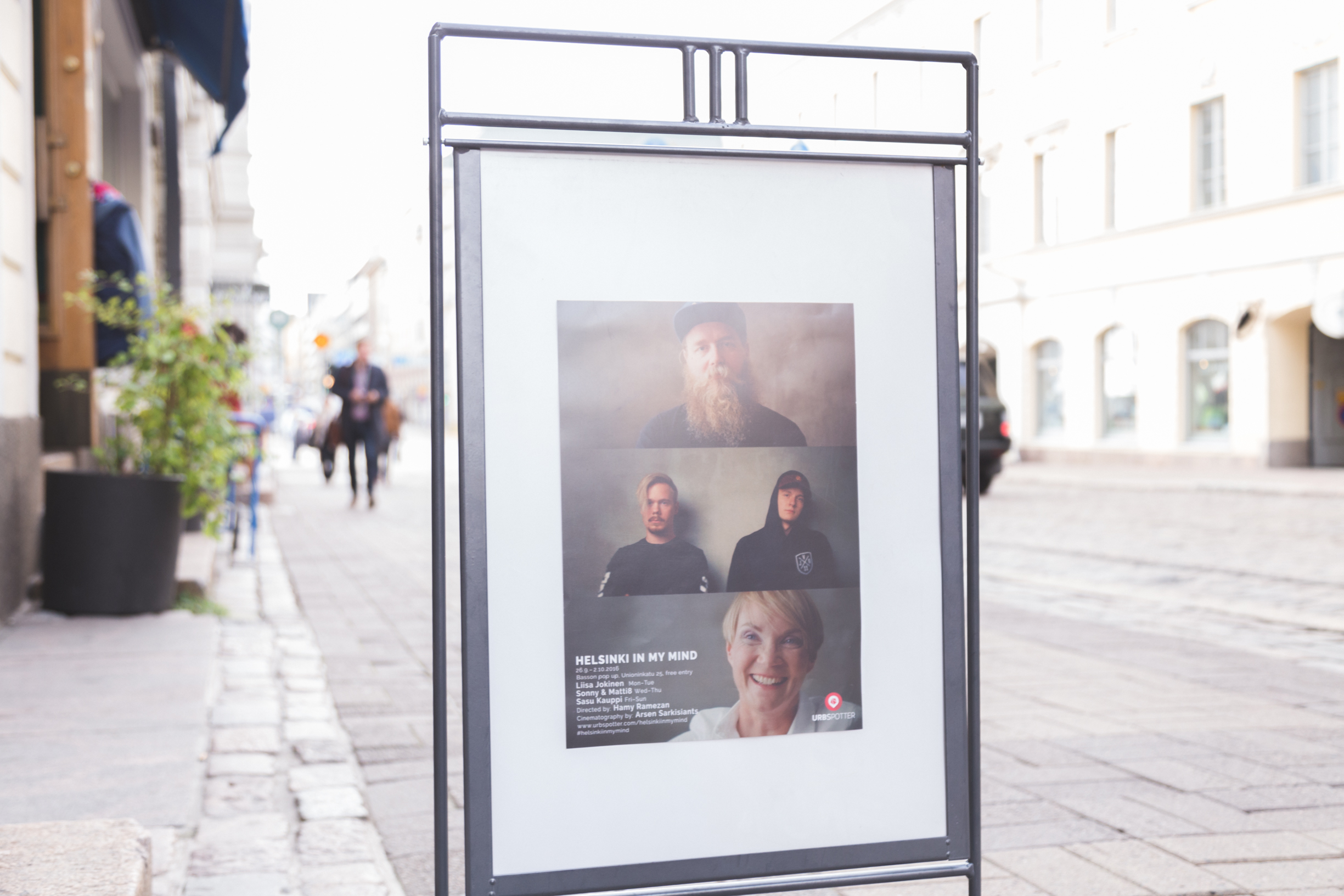
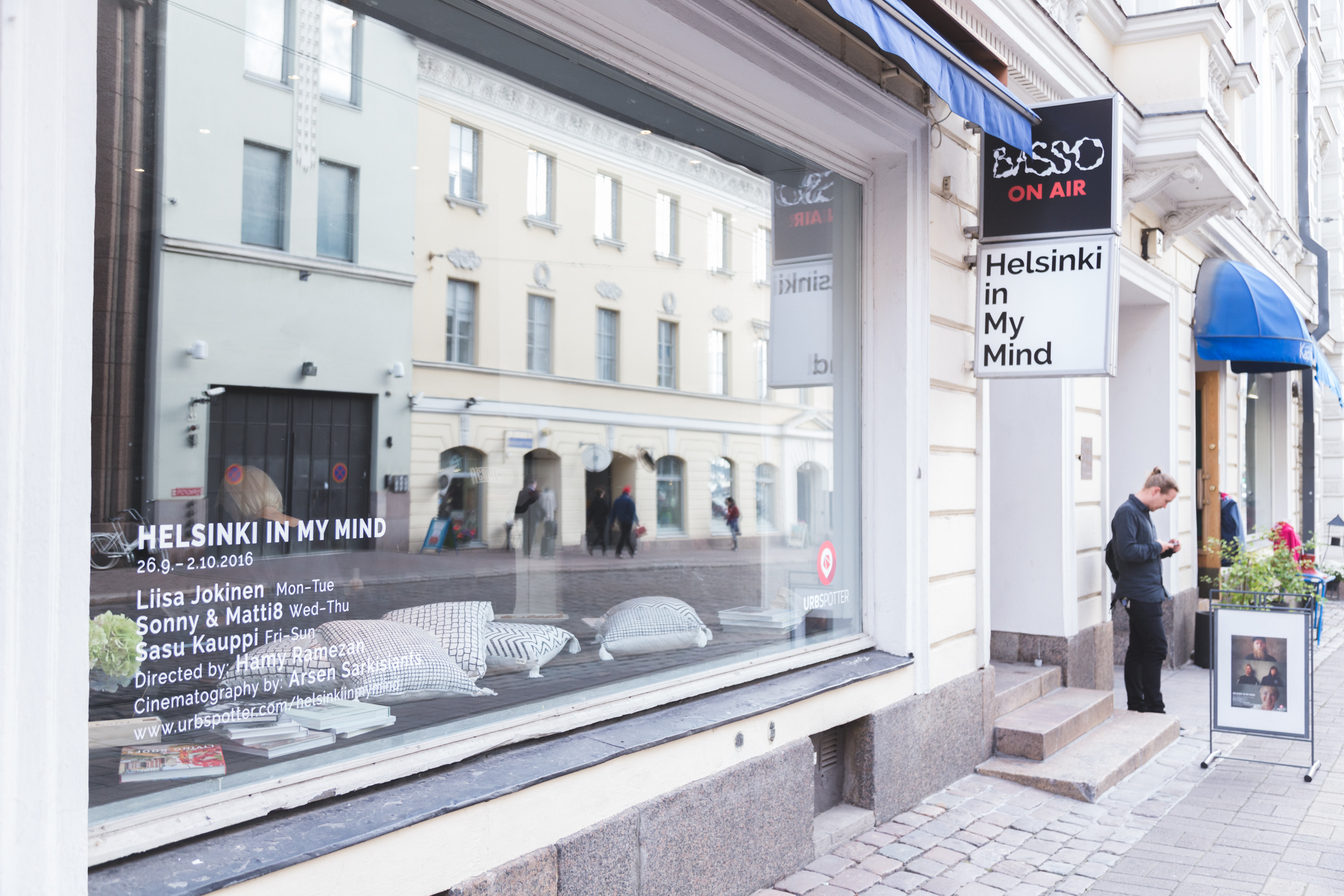
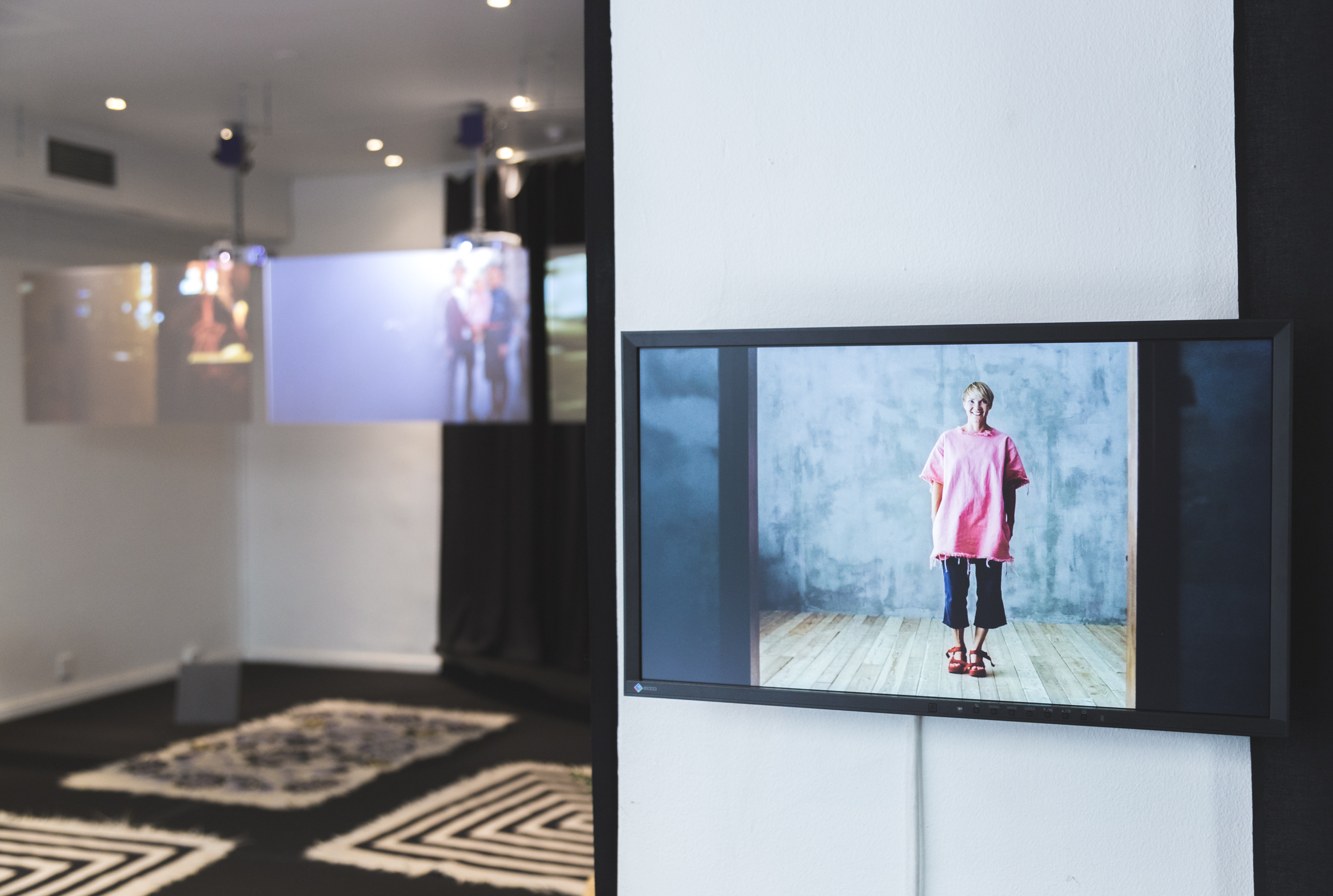
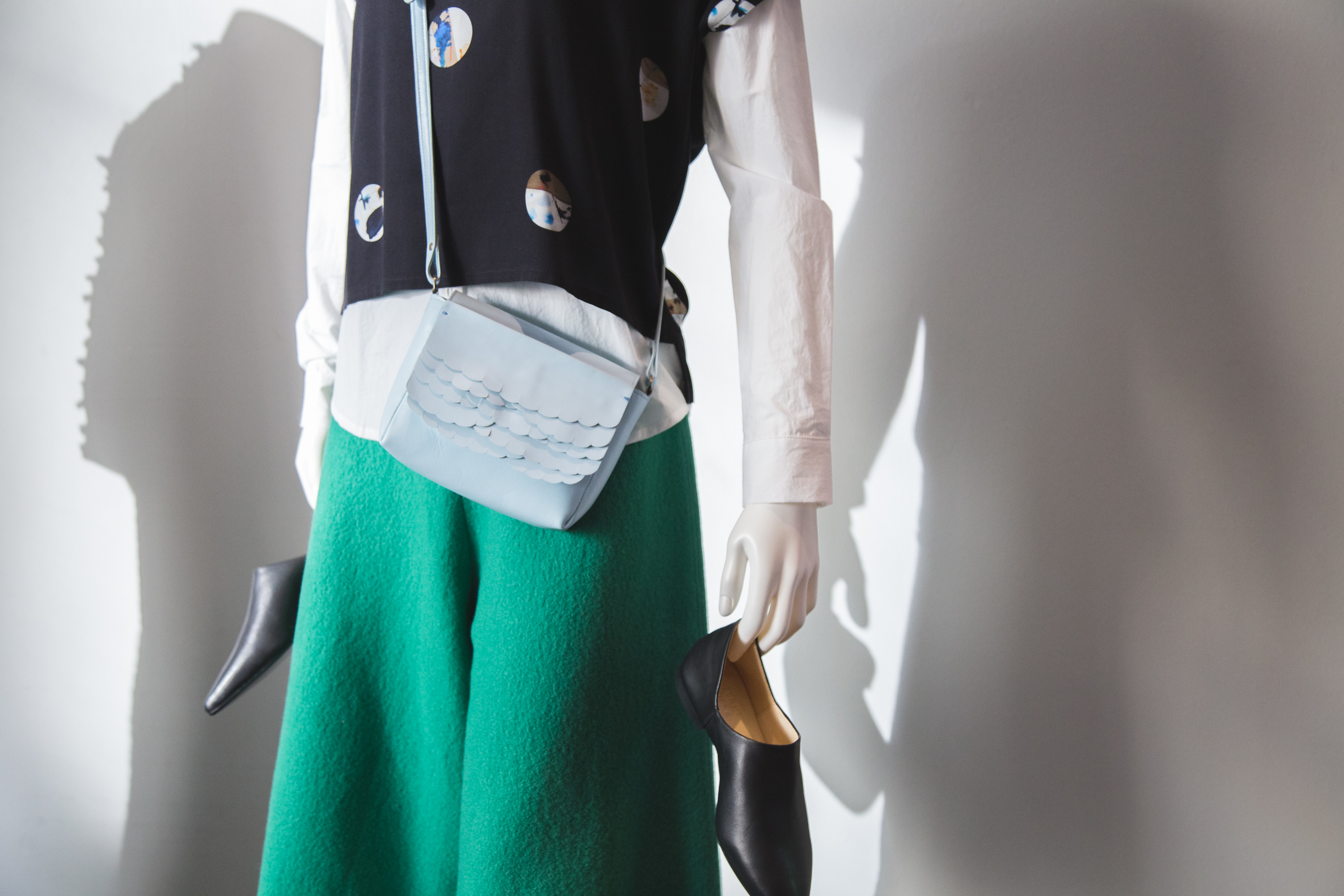
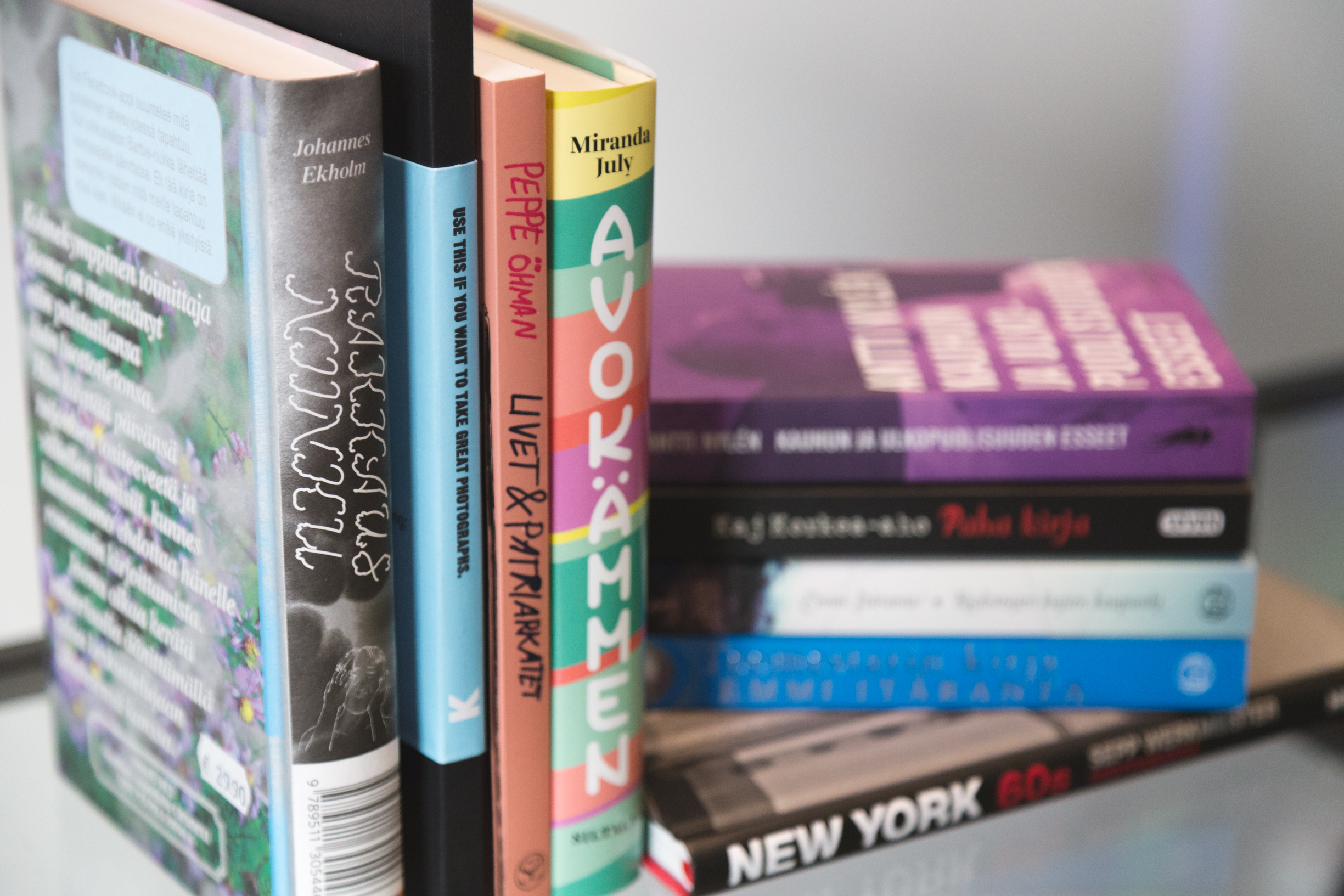
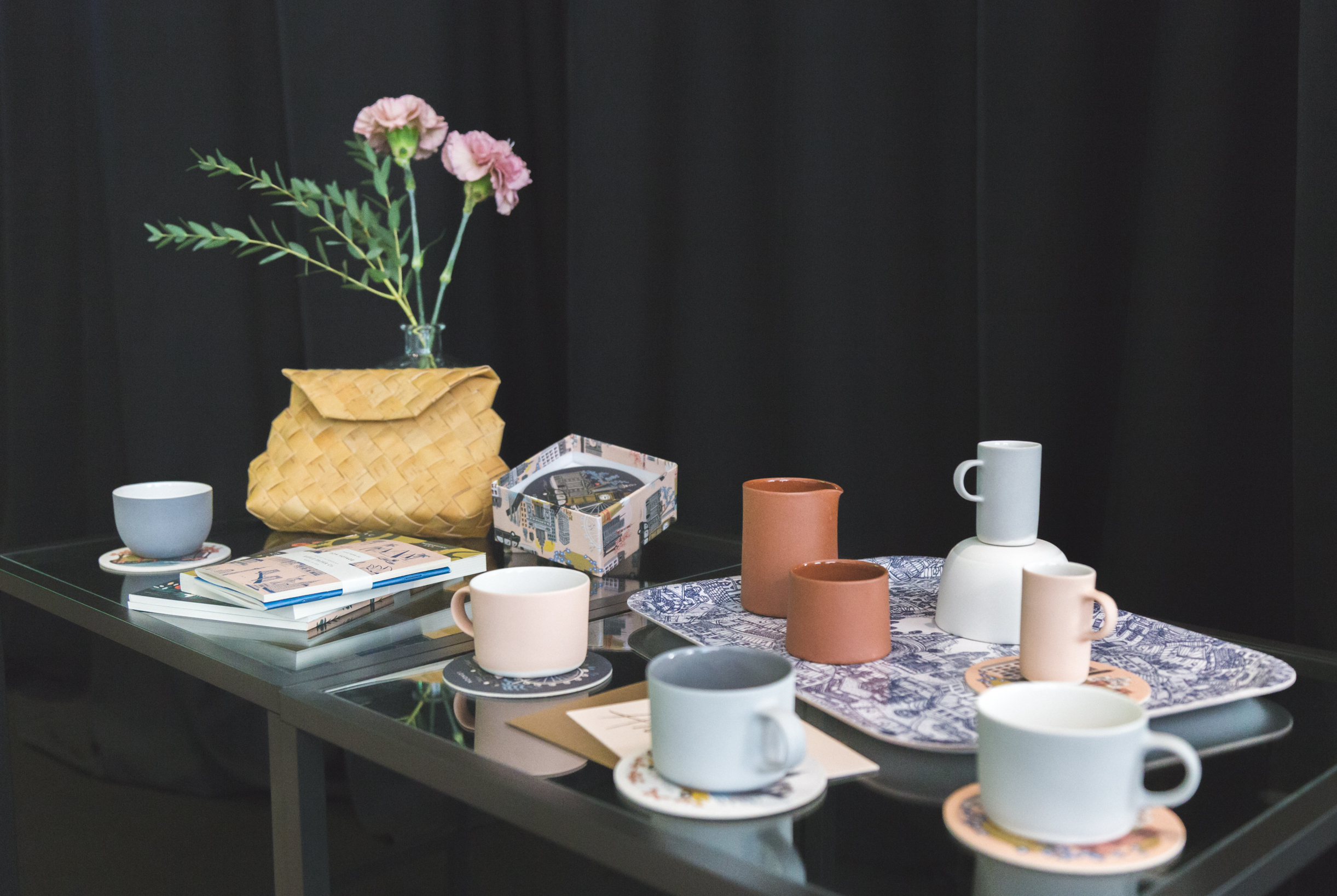
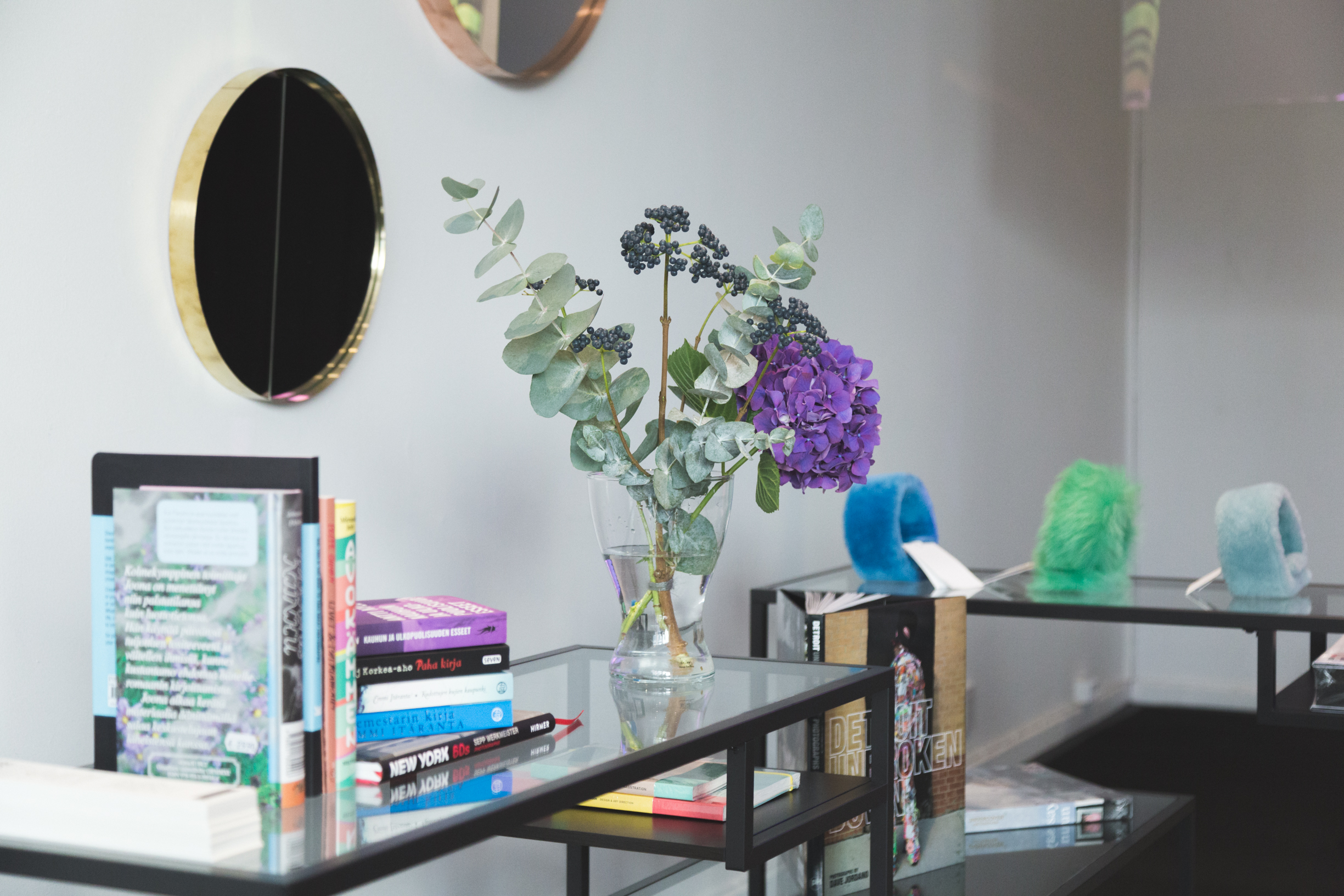
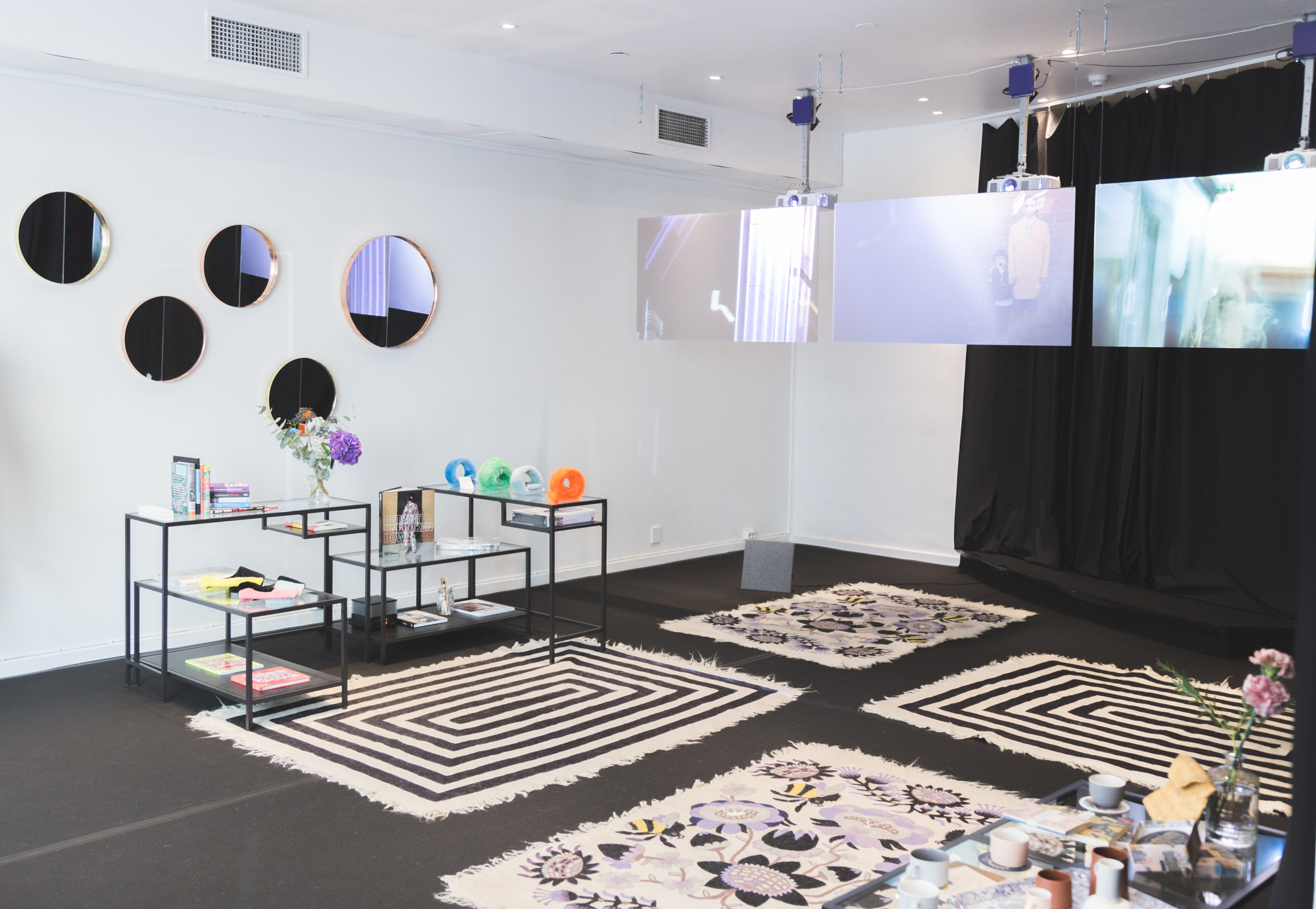
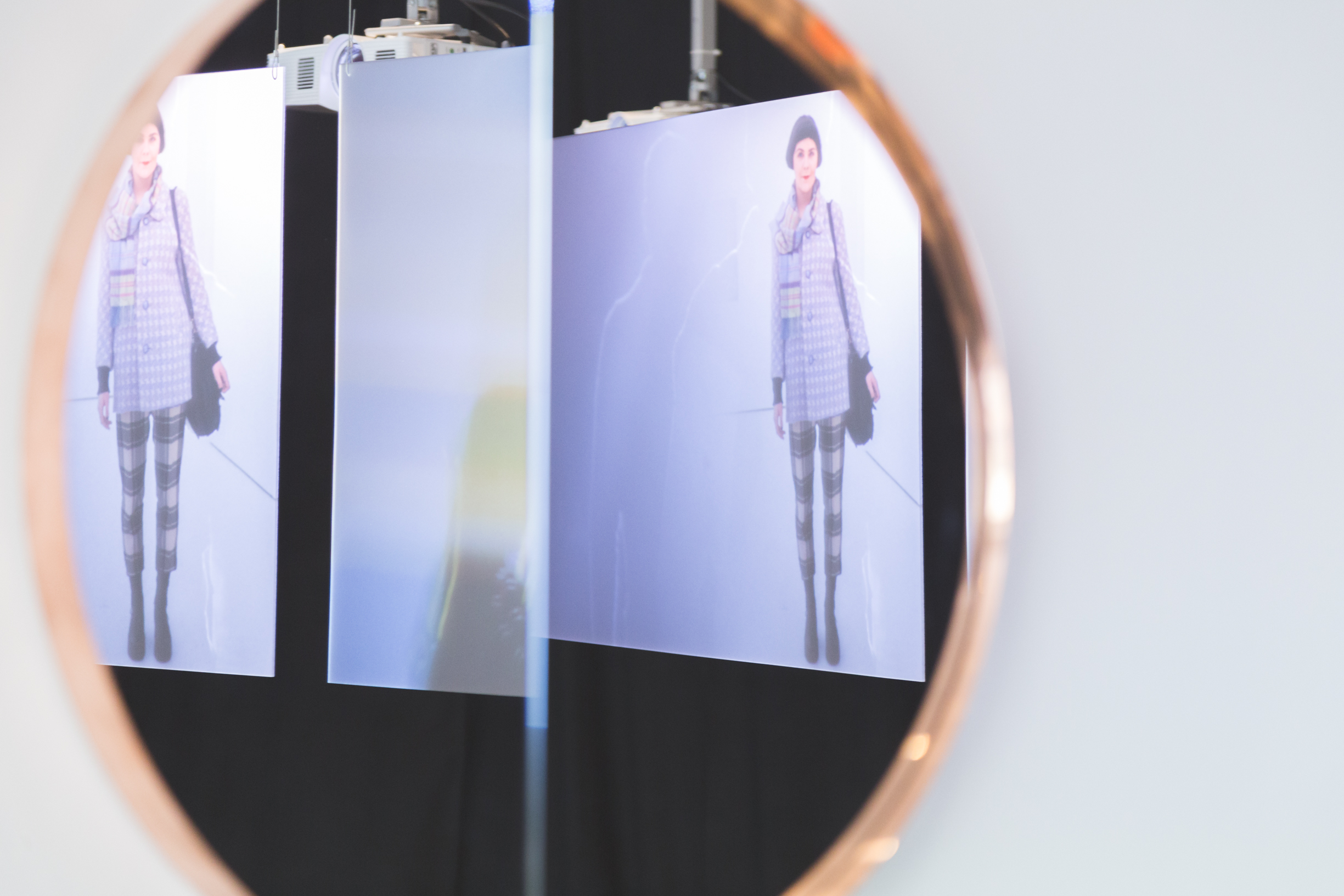
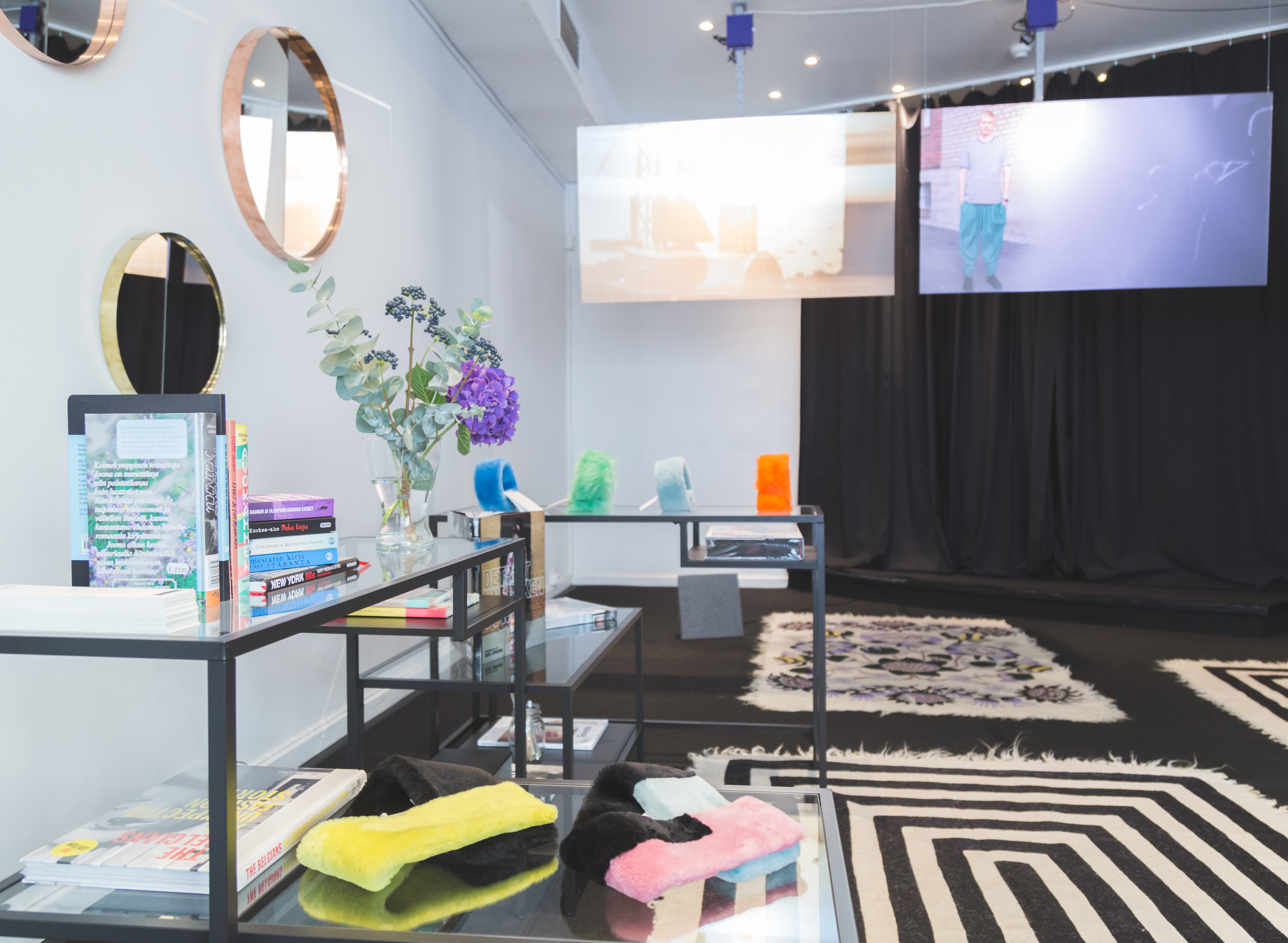
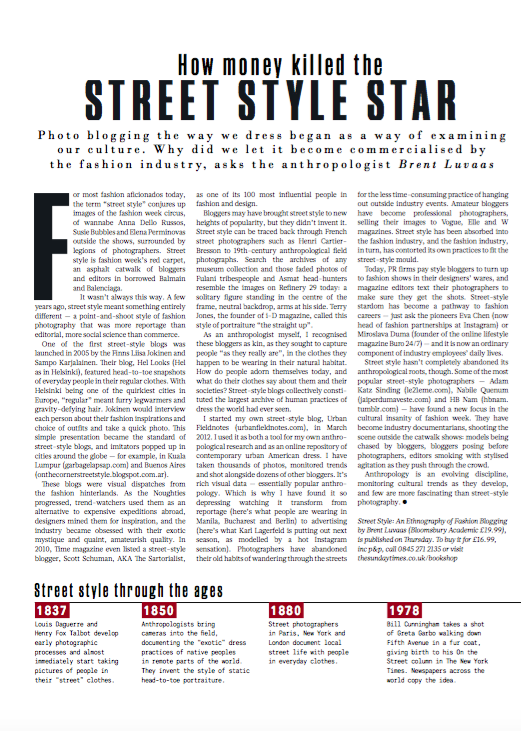
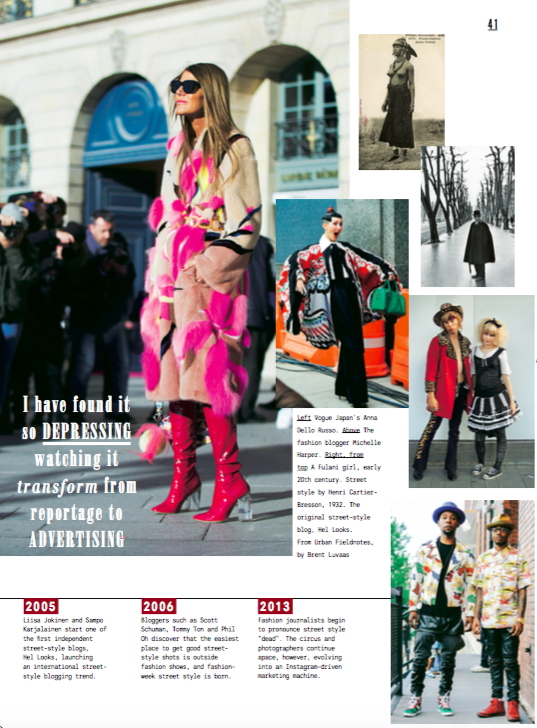
Honored to be mentioned in the article by Brent Luvaas for Sunday Times Style Magazine as a pioneer of street style blogging and street style photography!
“One of the first street-style blogs was launched in 2005 by the Finns Liisa Jokinen and Sampo Karjalainen. Their blog, Hel Looks (Hel as in Helsinki), featured head-to-toe snapshots of everyday people in their regular clothes. With Helsinki being one of the quirkiest cities in Europe, “regular” meant furry legwarmers and gravity-defying hair. Jokinen would interview each person abouttheir fashion inspirations and choice of outfits and take a quick photo. This simple presentation became the standard of street-style blogs, and imitators popped up in cities around the globe — for example, in Kuala Lumpur (garbagelapsap.com) and Buenos Aires (onthecornerstreetstyle.blogspot.com.ar).”
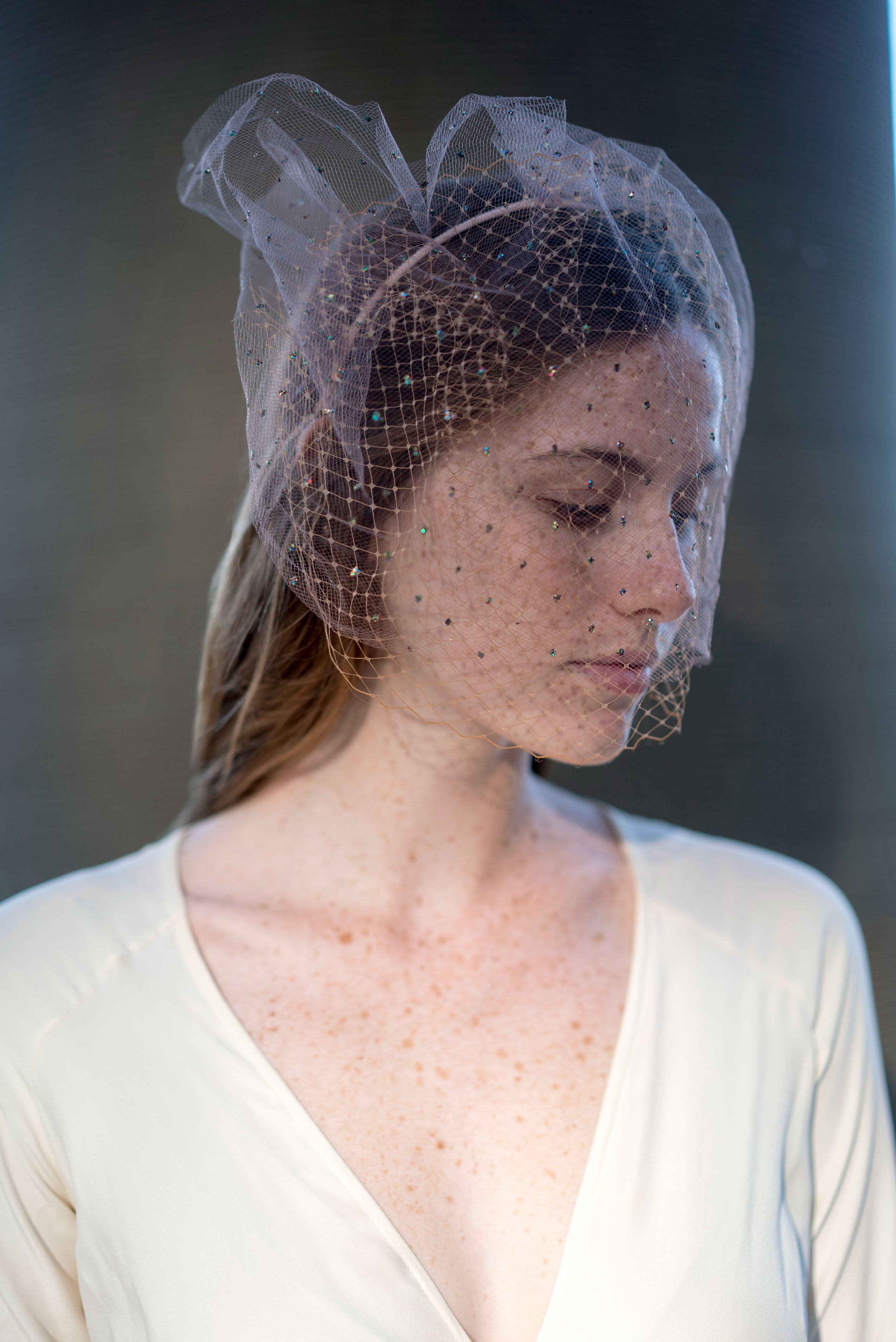
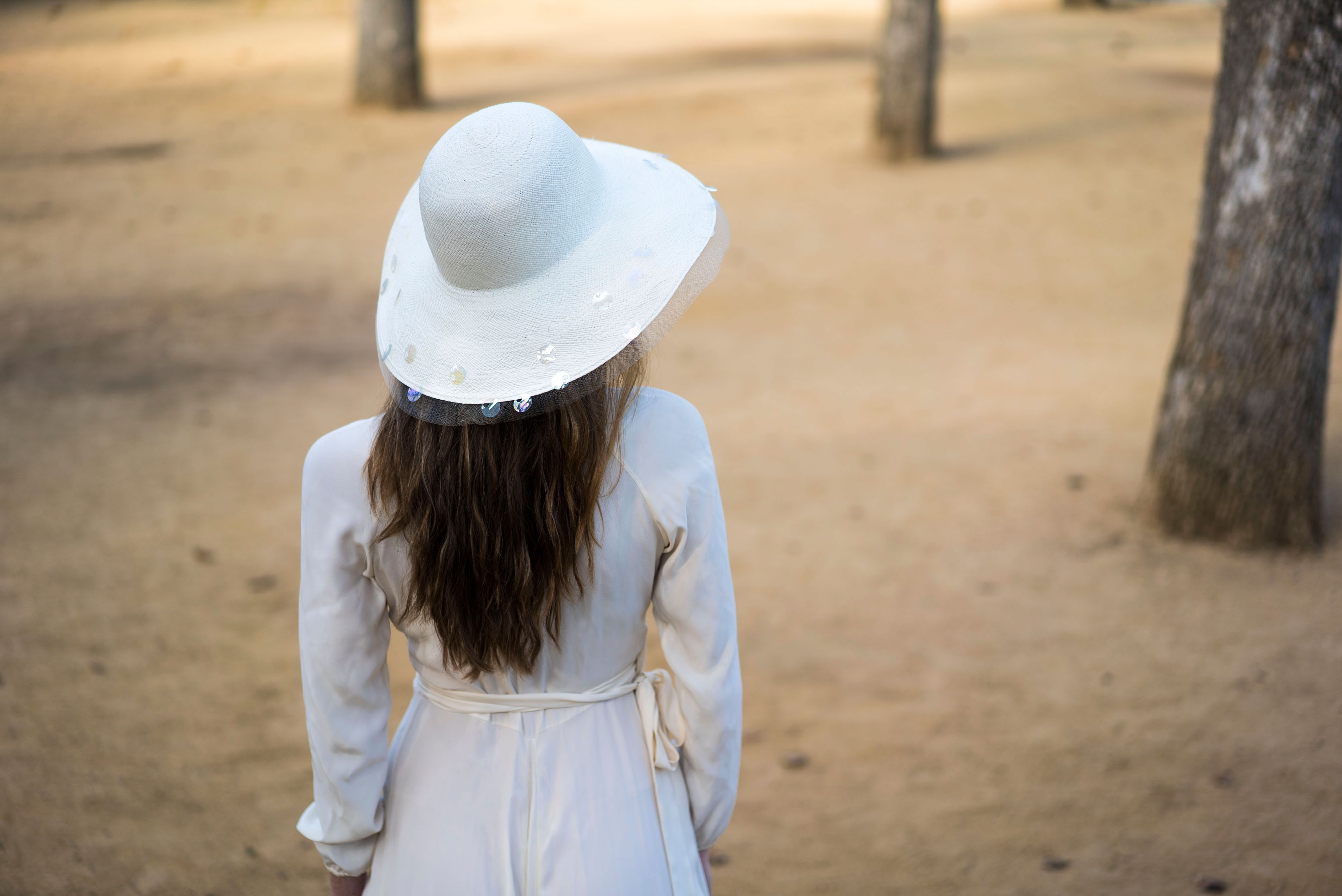
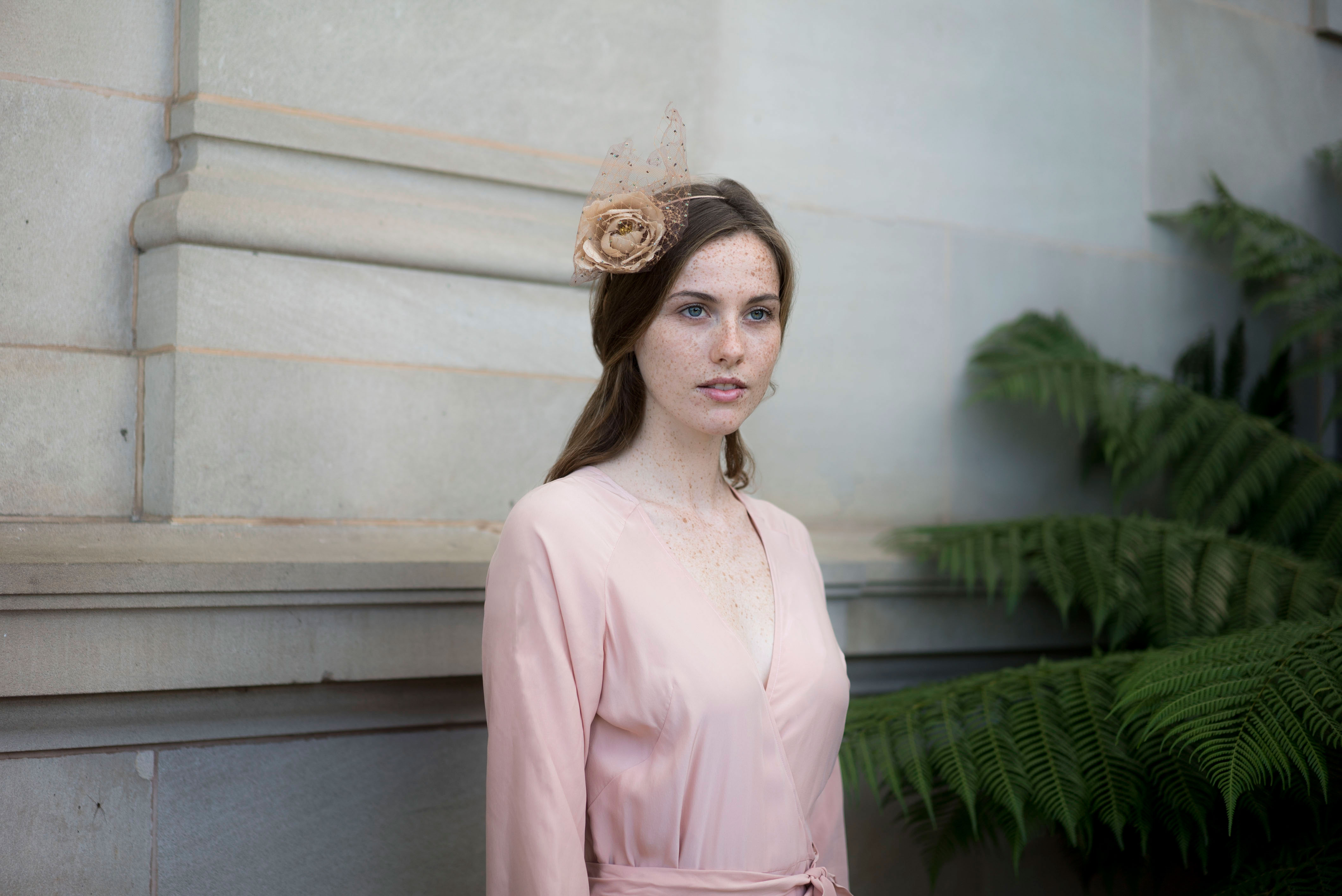
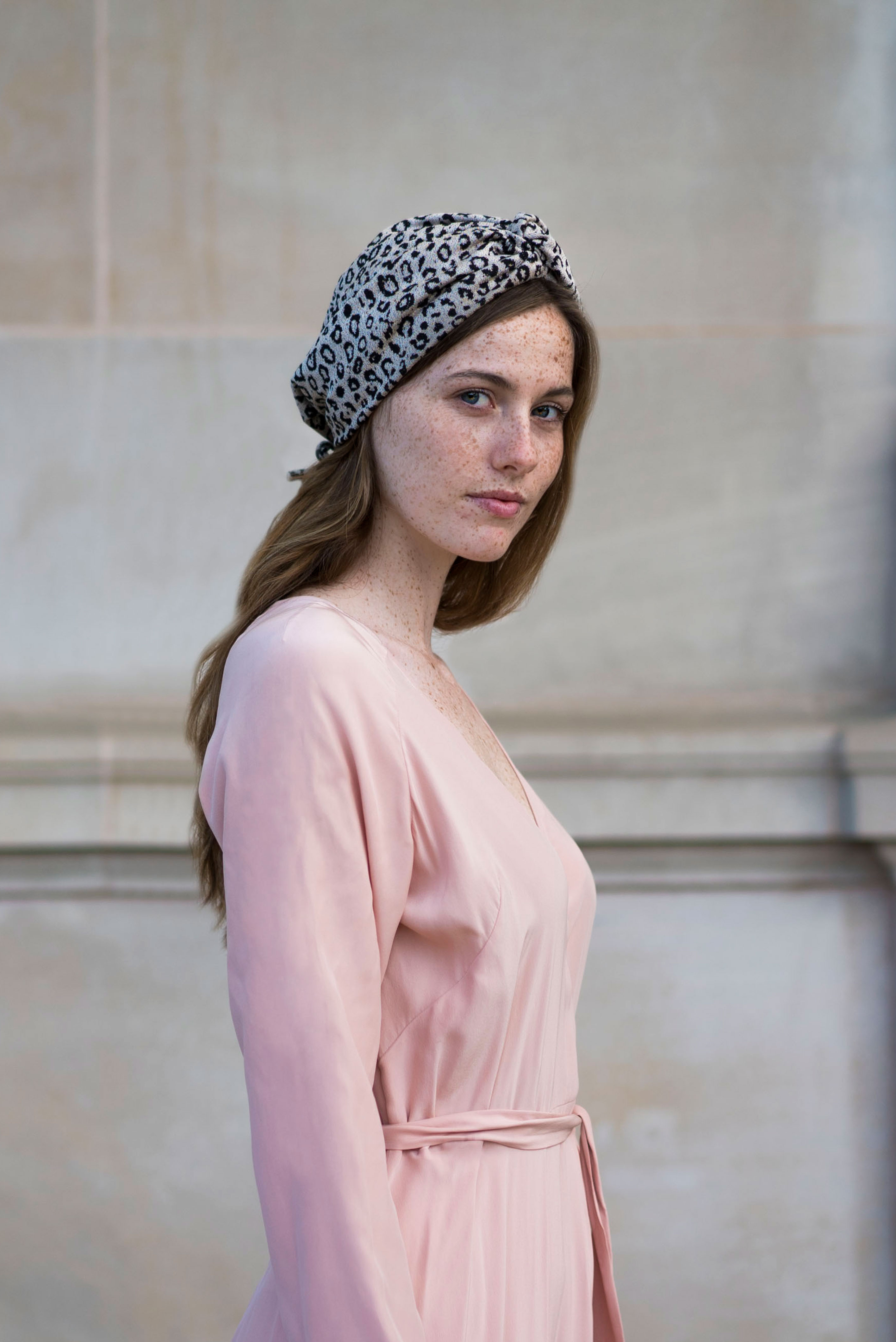
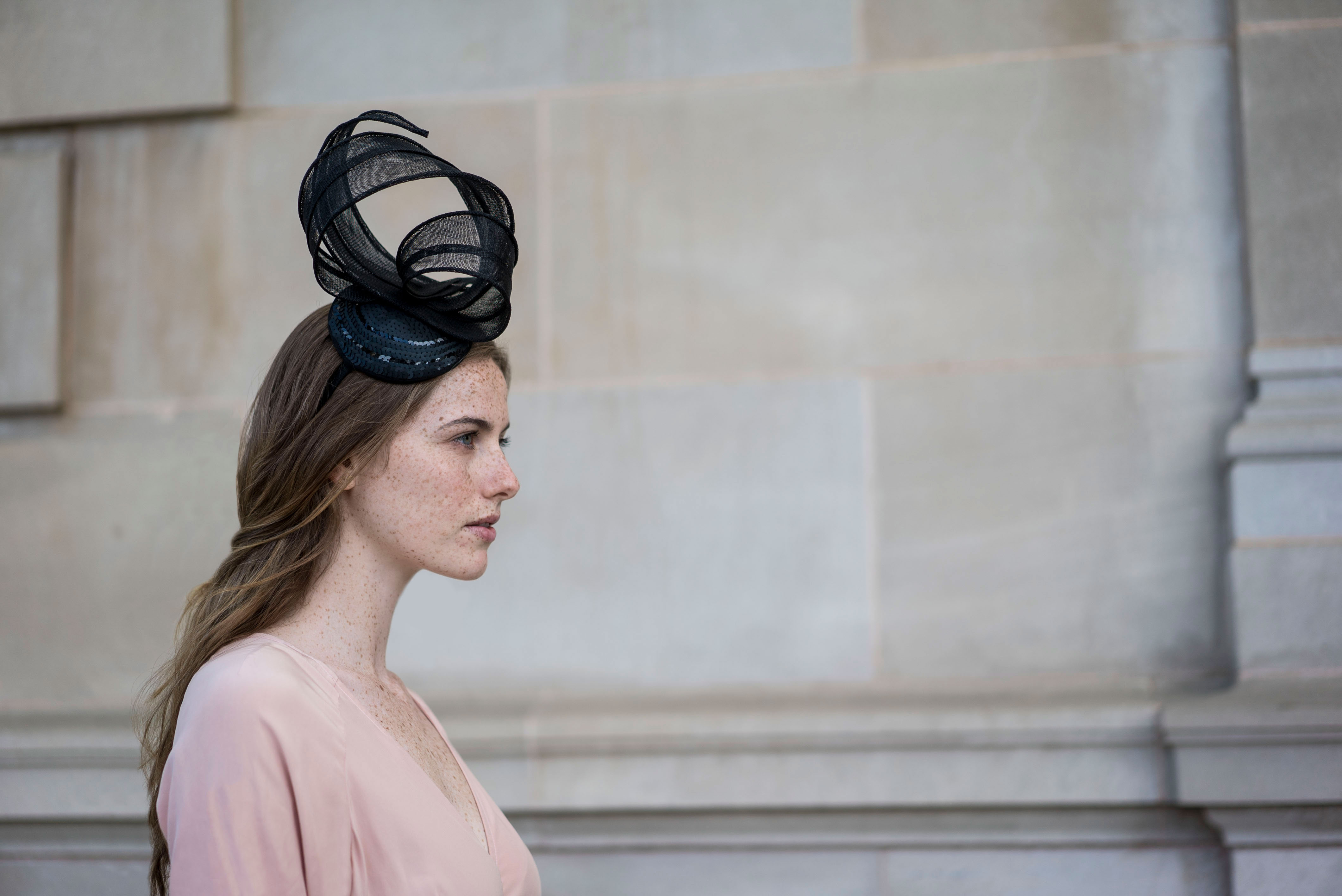
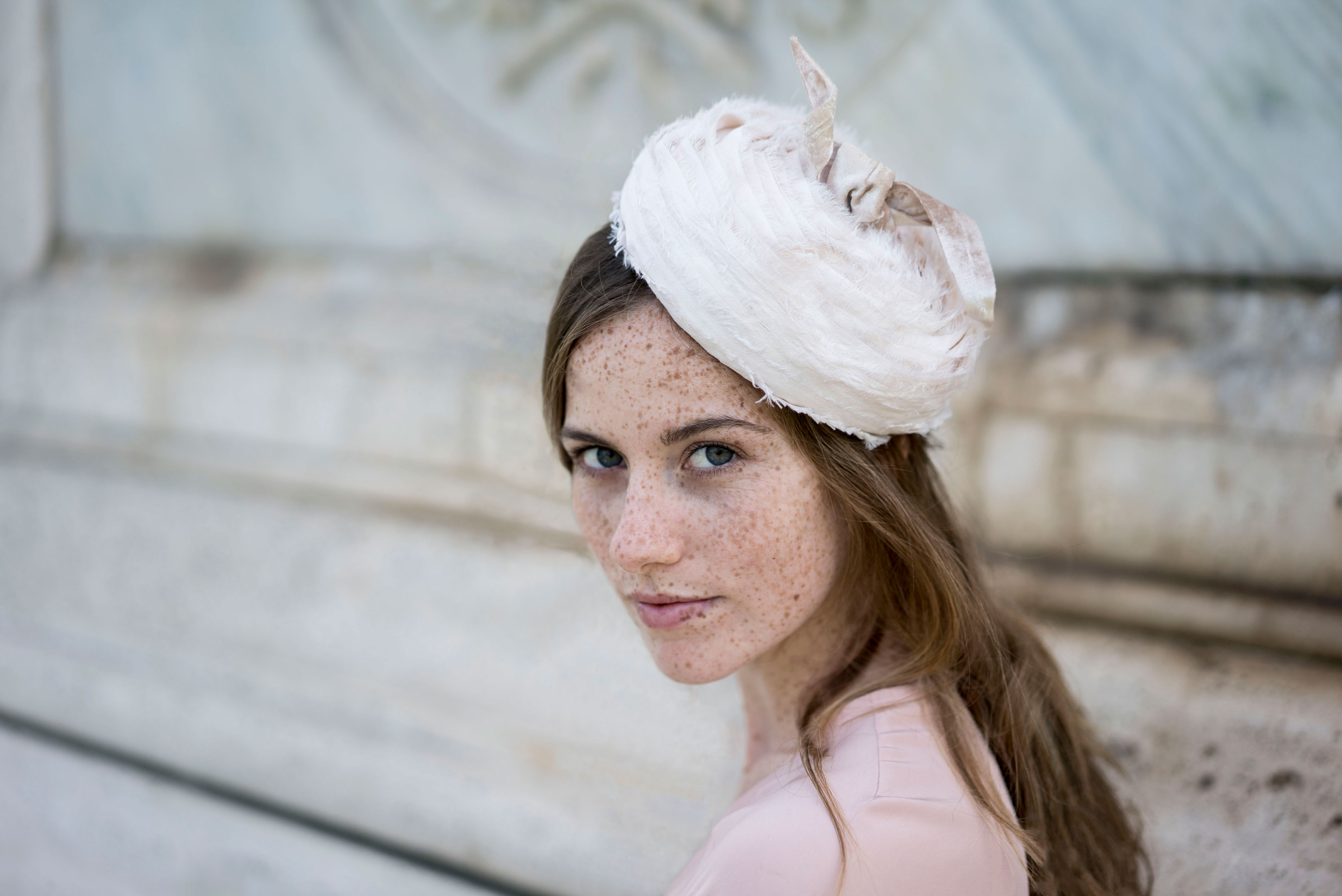
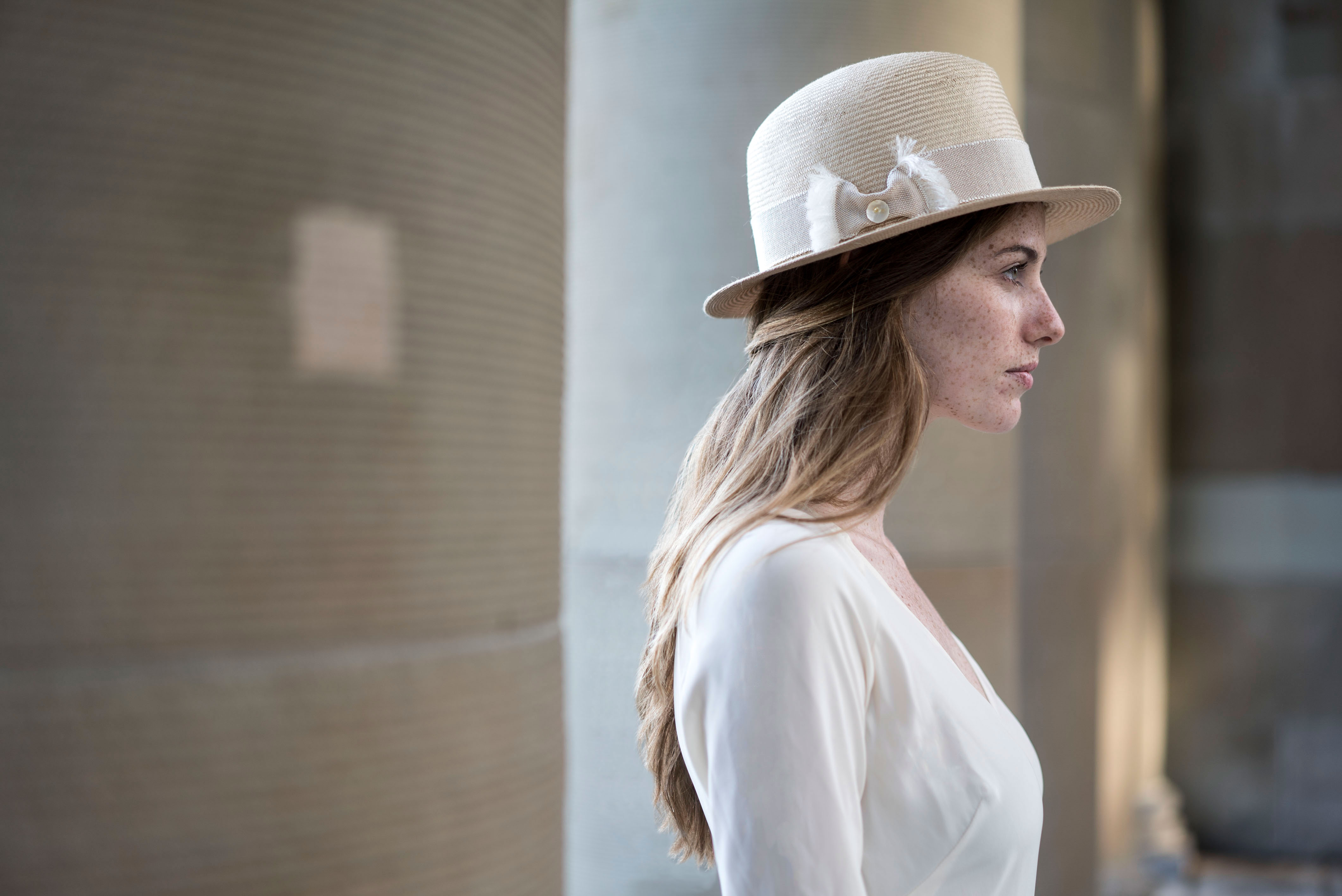
A photoshoot for Tiia Maria, a milliner living and working here in San Francisco. The dresses by Kamperett, model agency Stars. All photos by me.
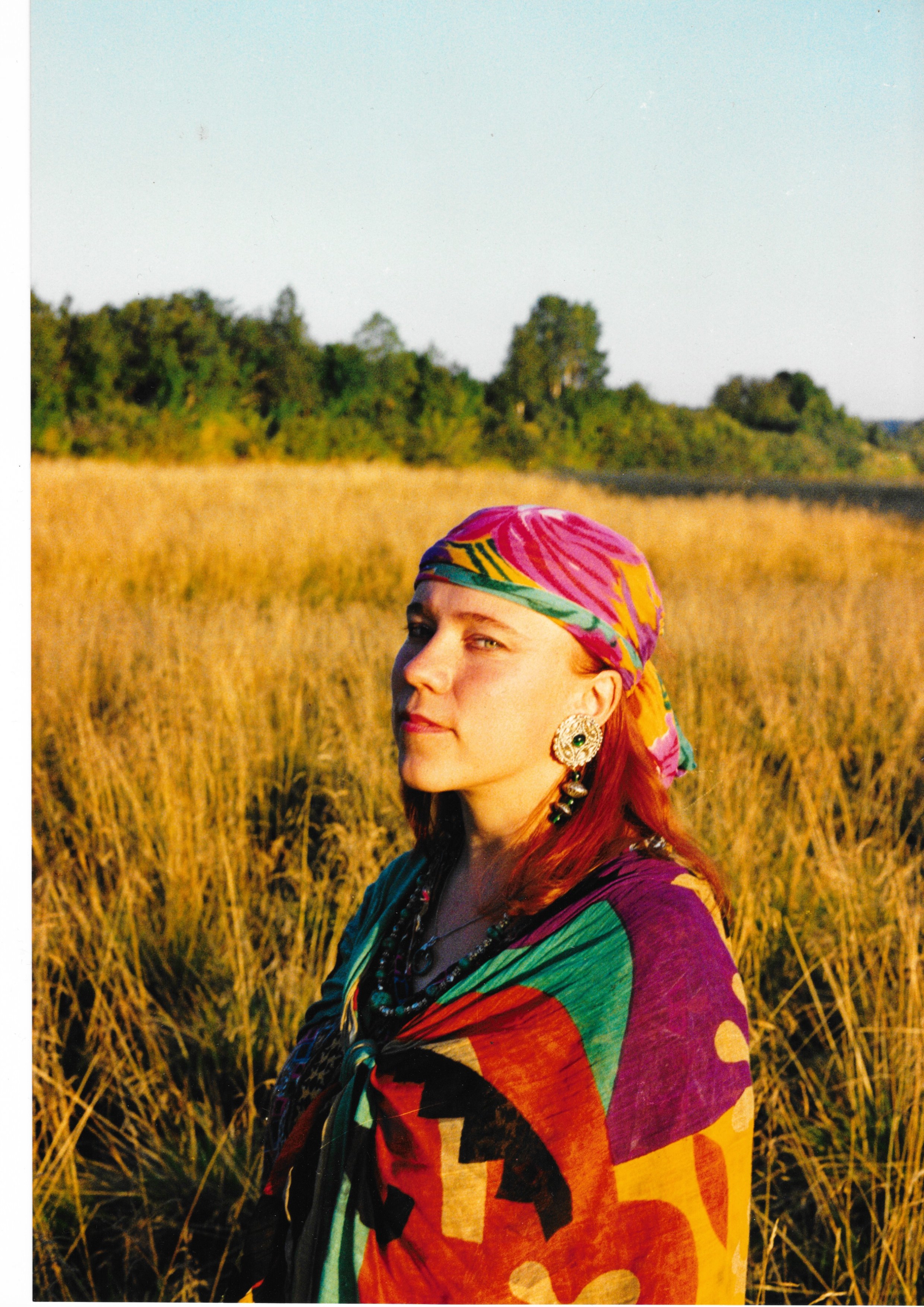

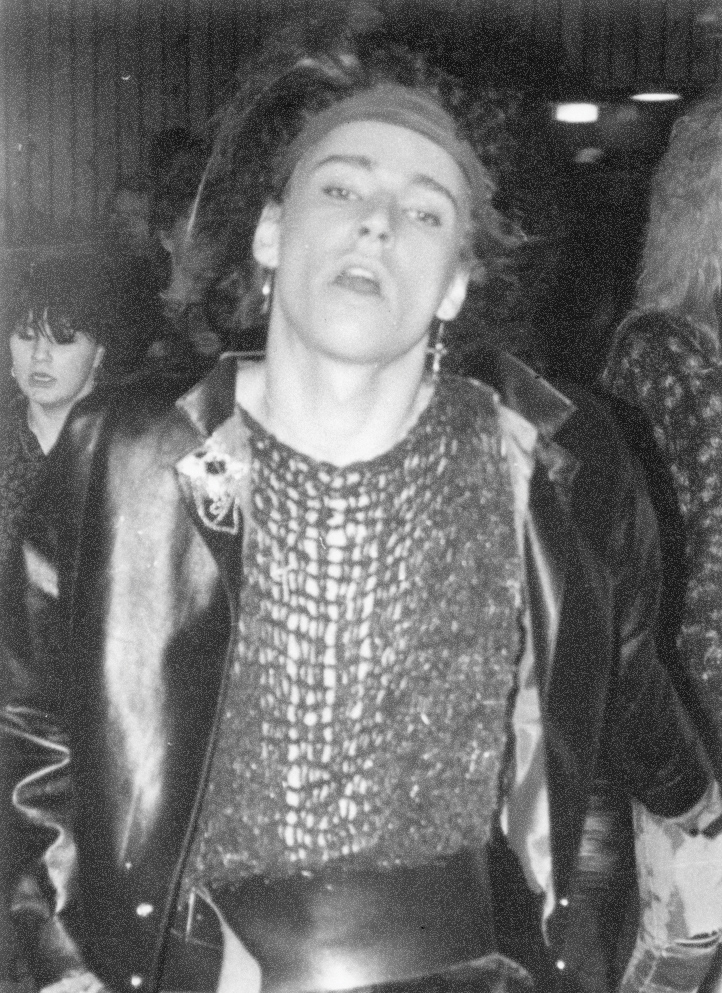
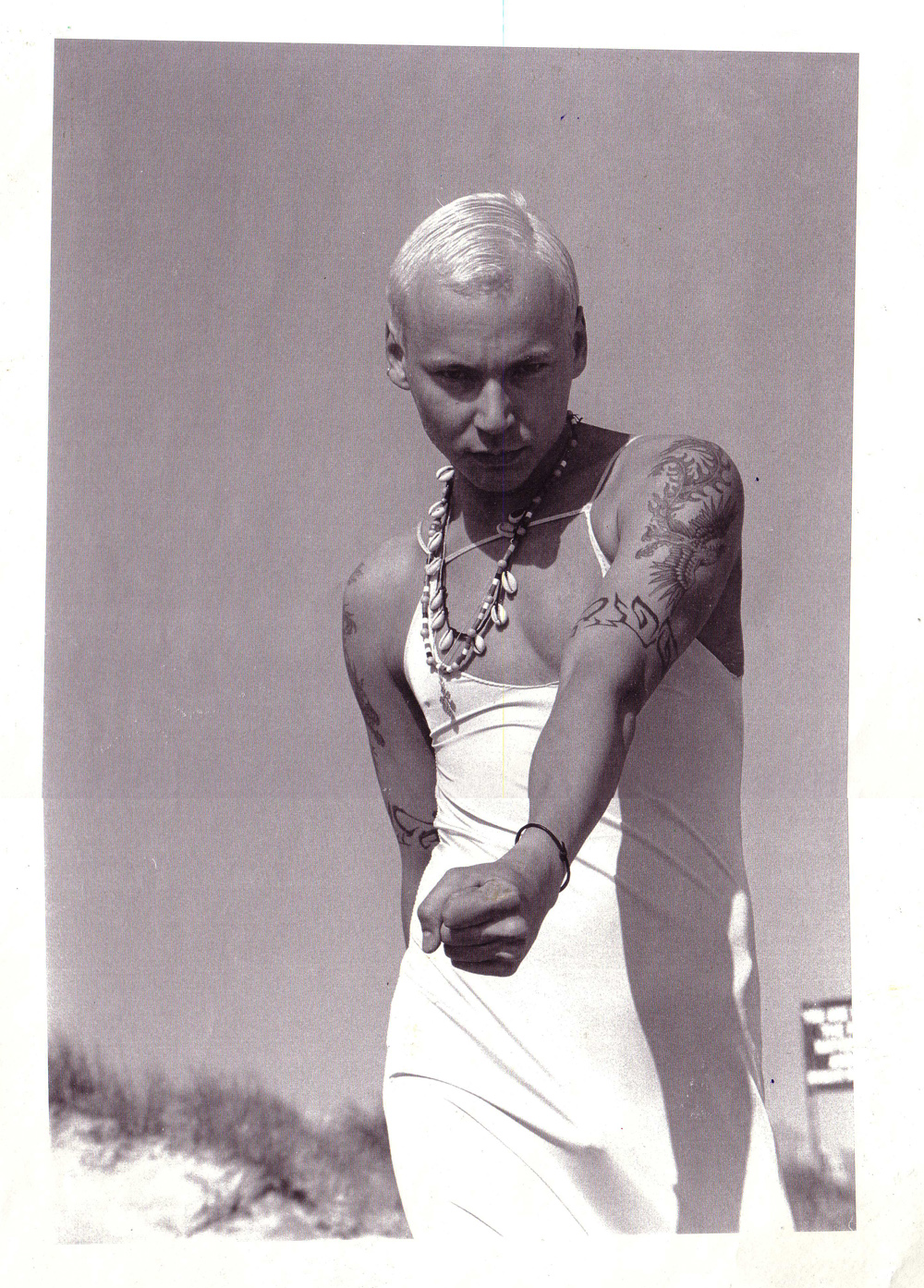
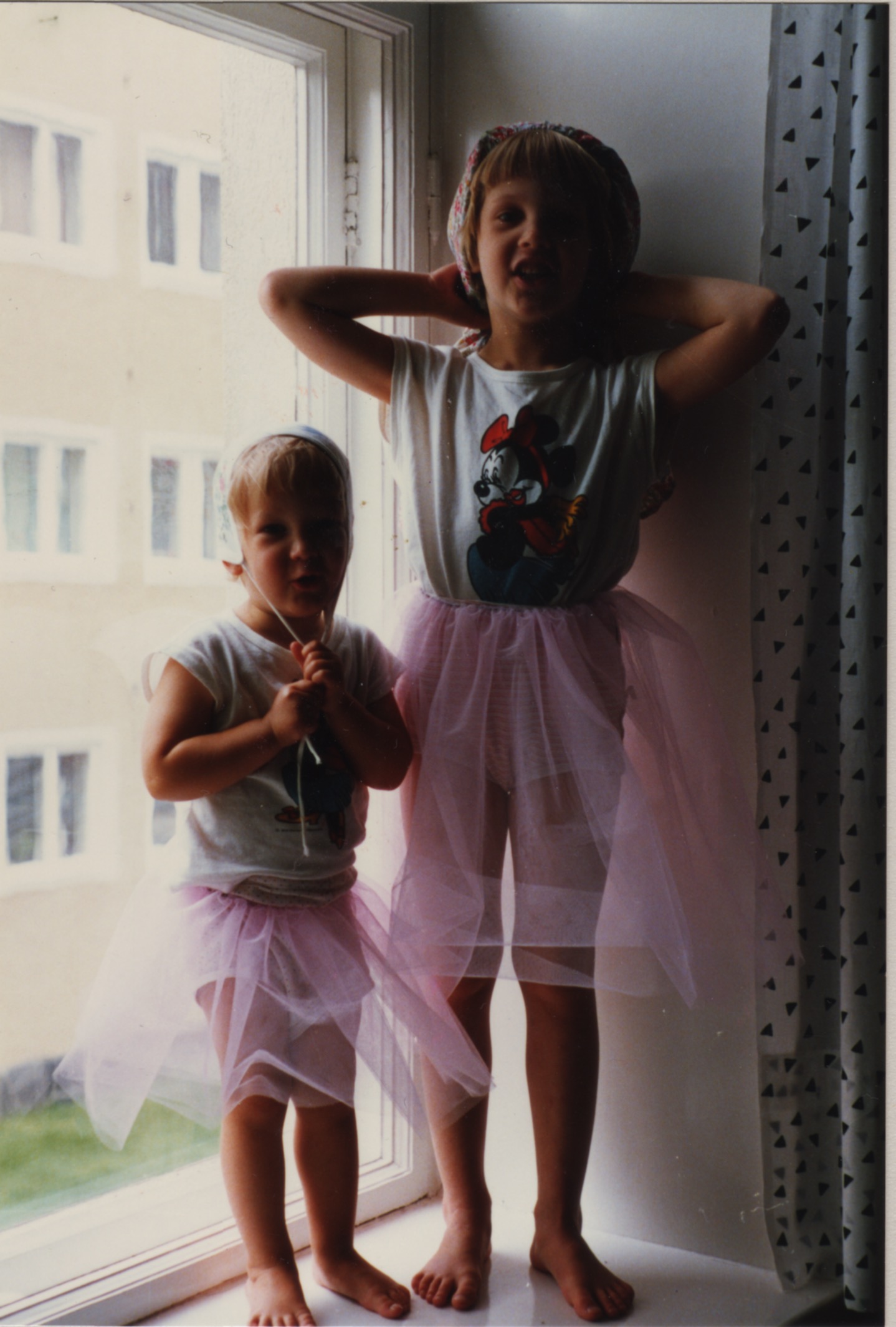
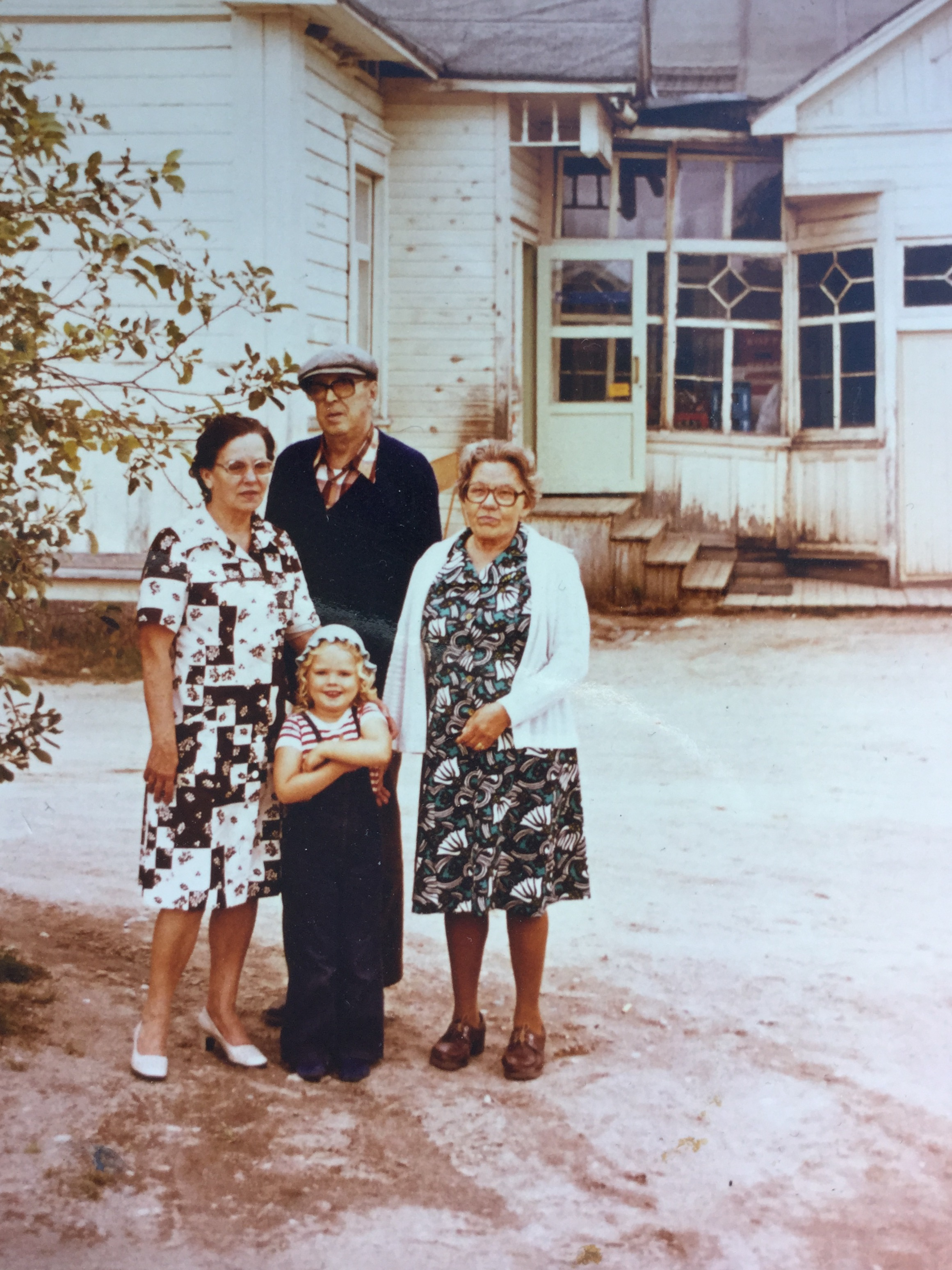
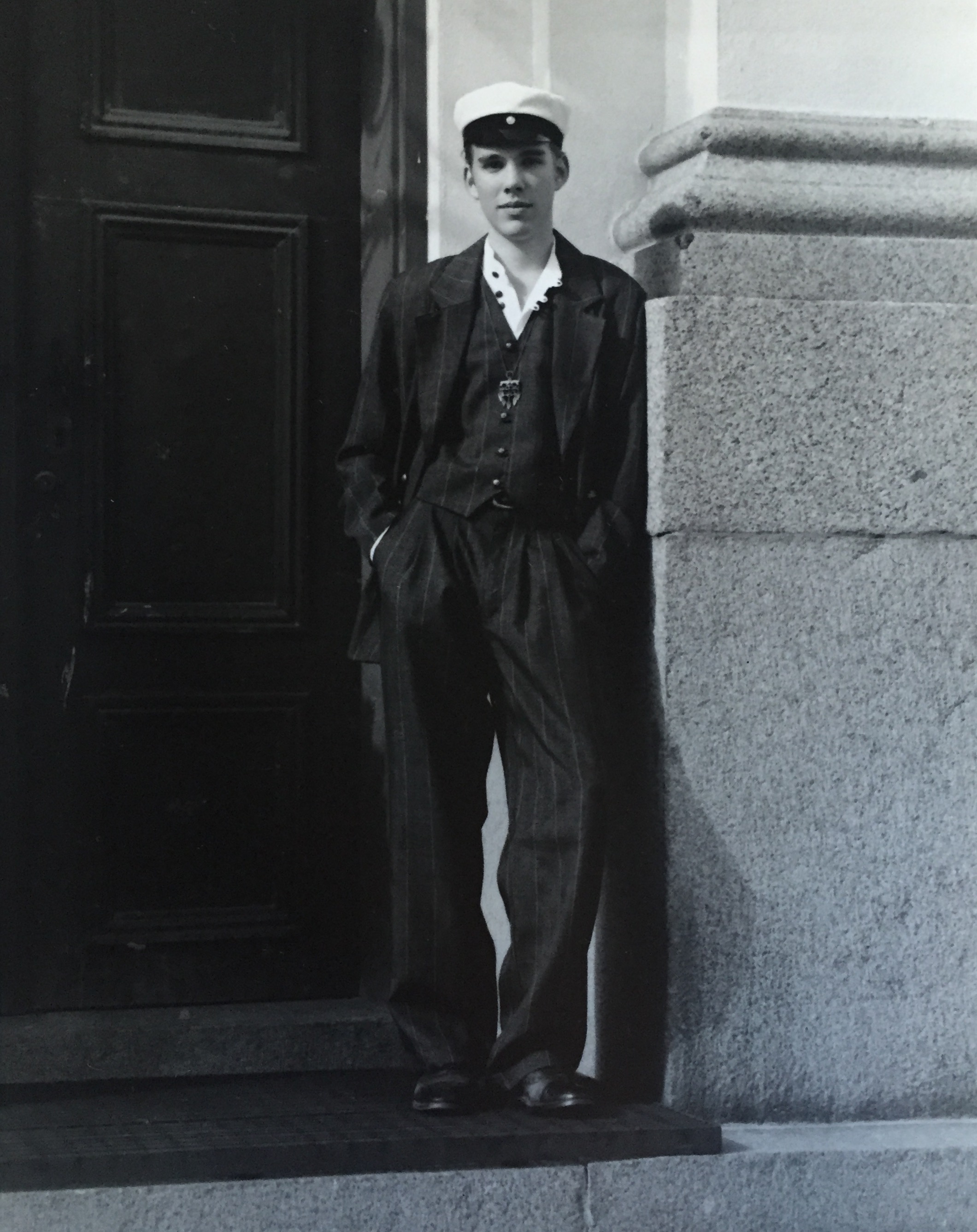
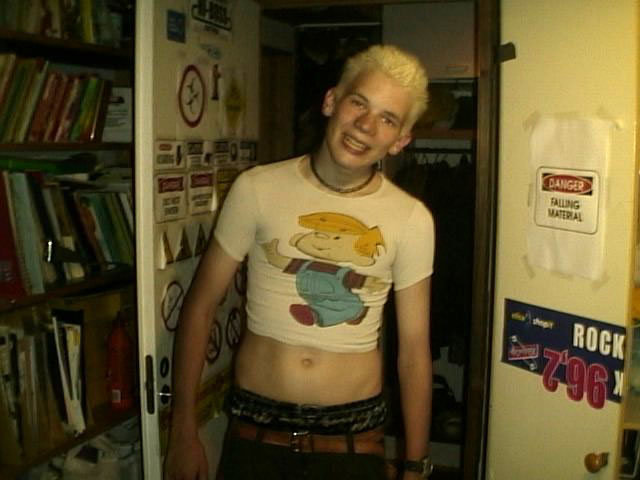
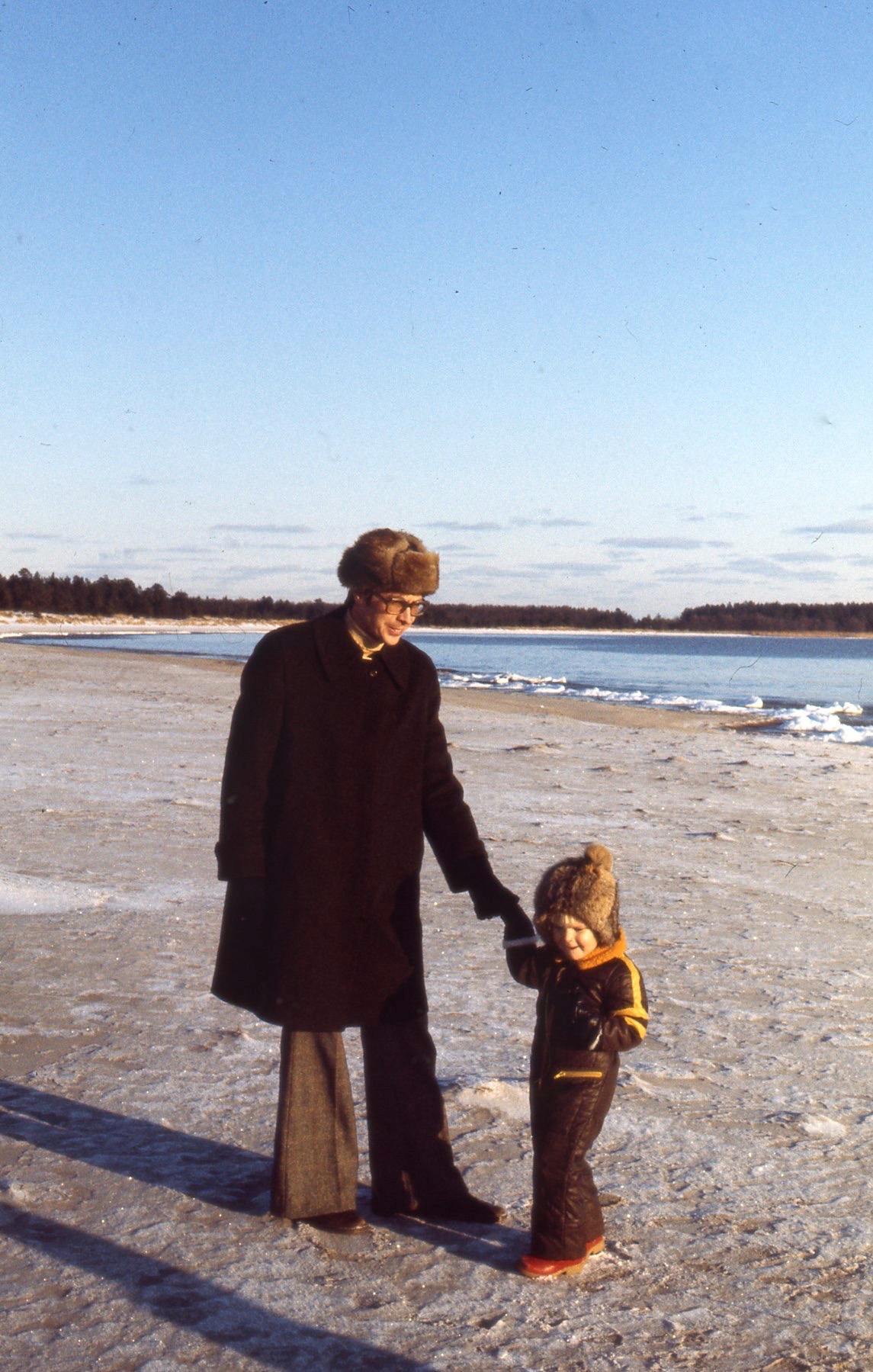
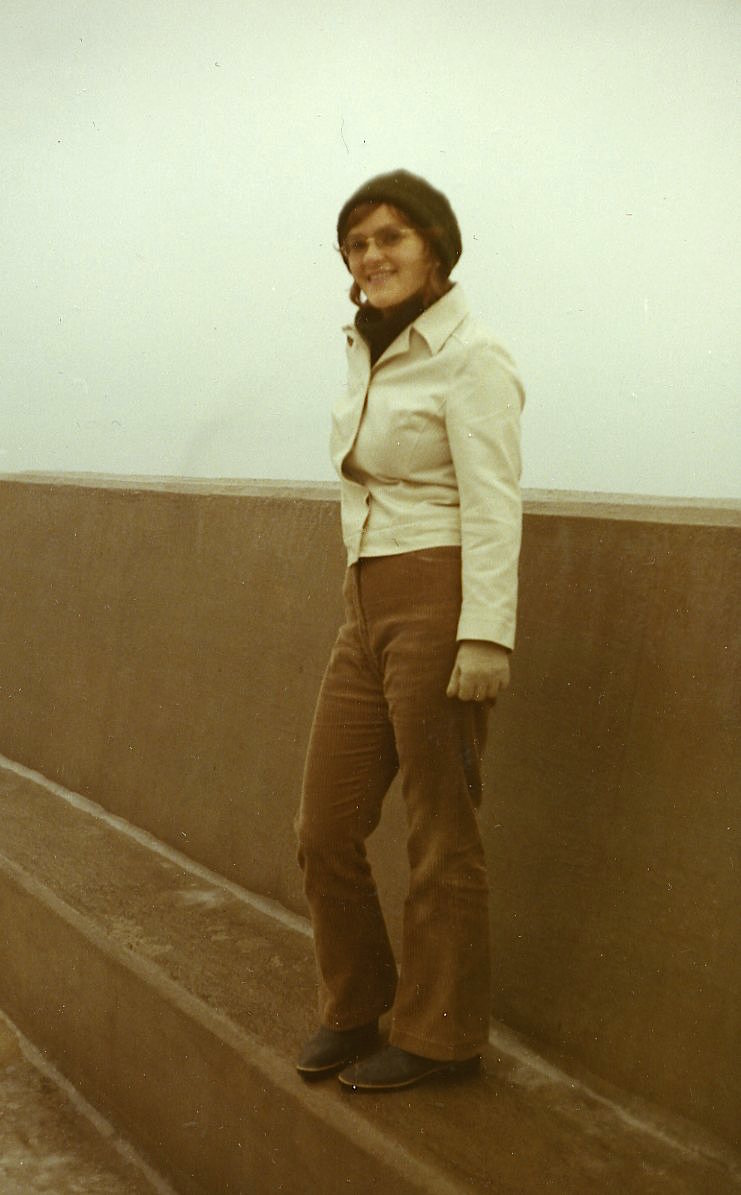
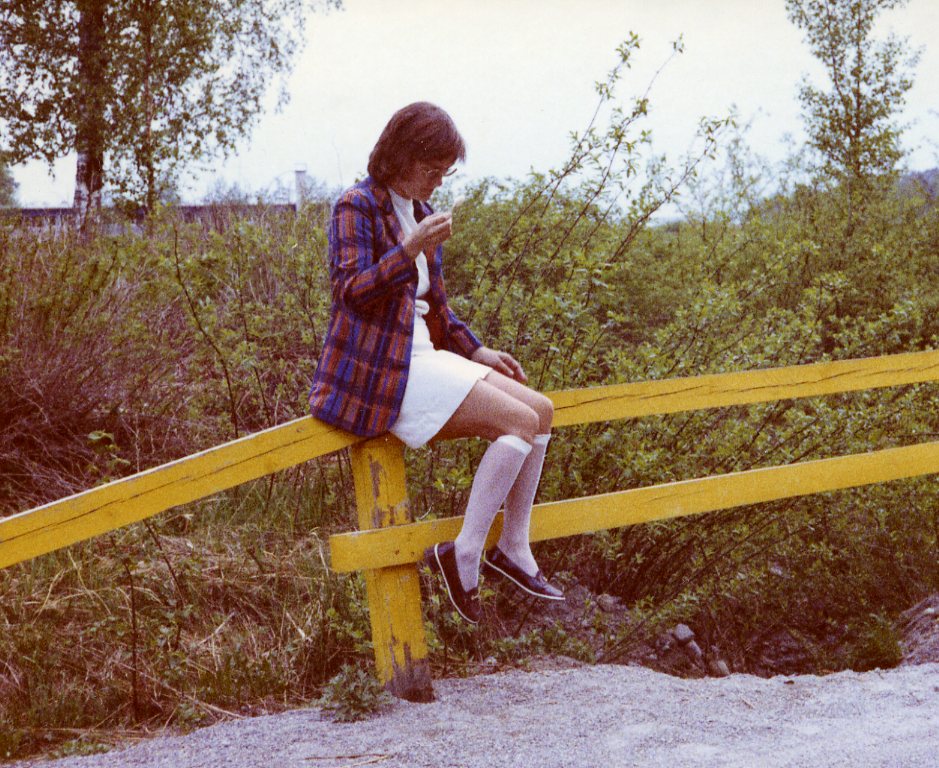 Mikä oli sinun lempivaatteesi, kun kävit ekaa luokkaa? Minkä vaatteen muistat lapsuudestasi? Mitä muotivillityksiä muistat menneiltä vuosikymmeniltä? Jokaiseen vaatekappaleeseen liittyy muistoja, tarinoita ja merkityksiä. Liian usein nuo muistot ja tarinat jäävät tallentumatta ja unohtuvat. Siksi aloimme kerätä suomalaisten muotimuistoja Designmuseon Suomalaisen muodin antologia -näyttelyn yhteydessä. Vaikka näyttely sulkeutui, muistojen keräys jatkuu! Lue ohjeet osallistumiseen täältä.
Mikä oli sinun lempivaatteesi, kun kävit ekaa luokkaa? Minkä vaatteen muistat lapsuudestasi? Mitä muotivillityksiä muistat menneiltä vuosikymmeniltä? Jokaiseen vaatekappaleeseen liittyy muistoja, tarinoita ja merkityksiä. Liian usein nuo muistot ja tarinat jäävät tallentumatta ja unohtuvat. Siksi aloimme kerätä suomalaisten muotimuistoja Designmuseon Suomalaisen muodin antologia -näyttelyn yhteydessä. Vaikka näyttely sulkeutui, muistojen keräys jatkuu! Lue ohjeet osallistumiseen täältä.
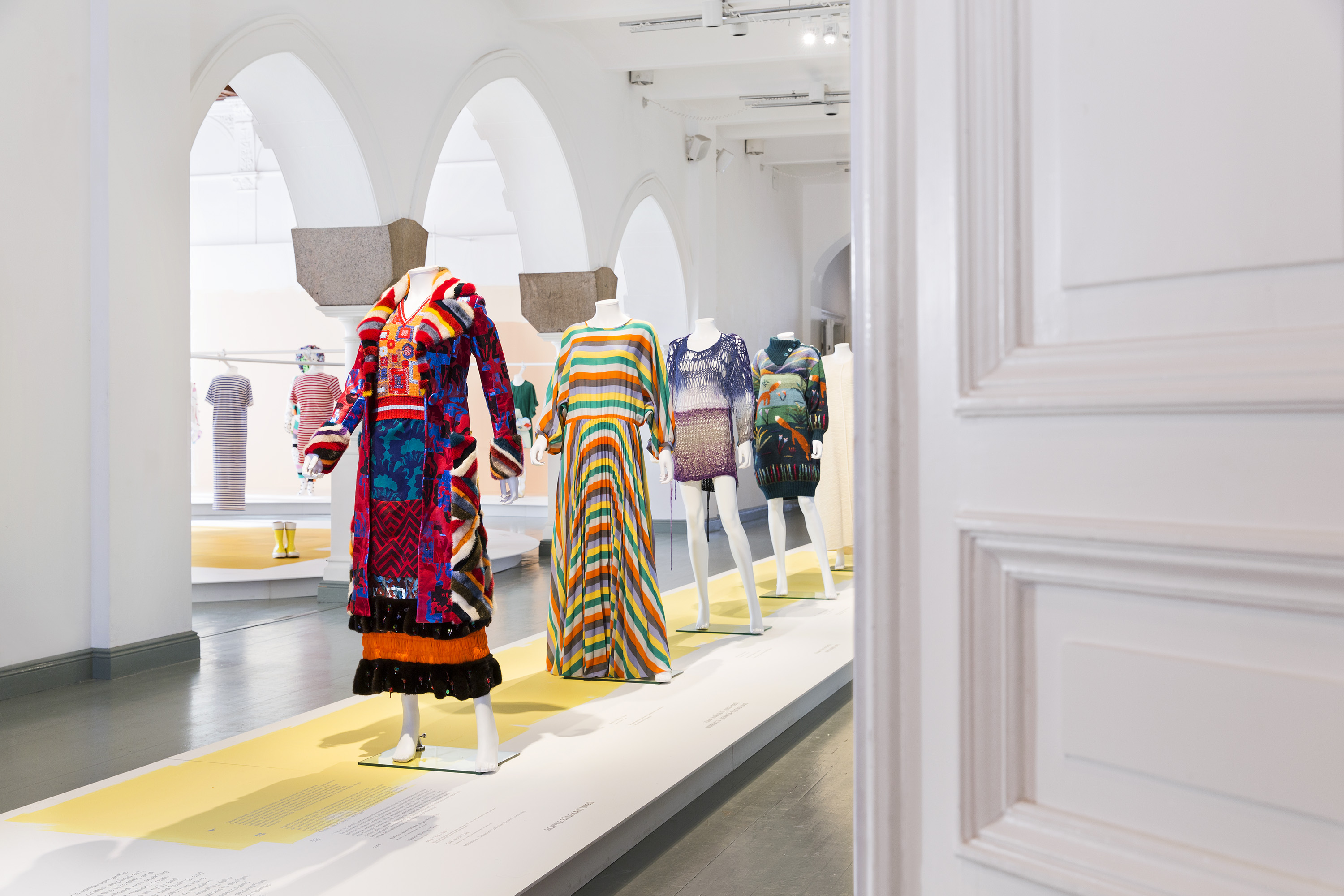
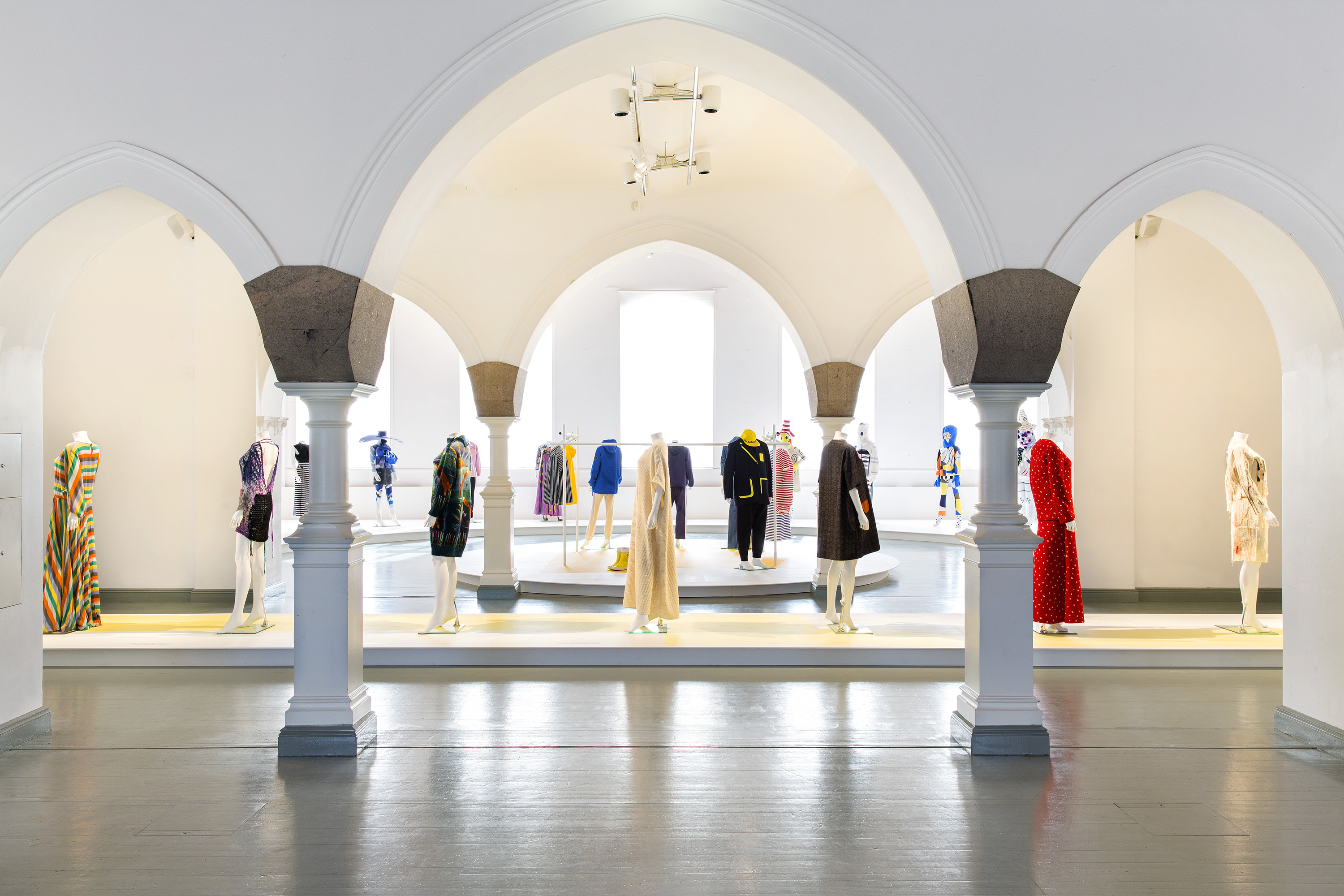
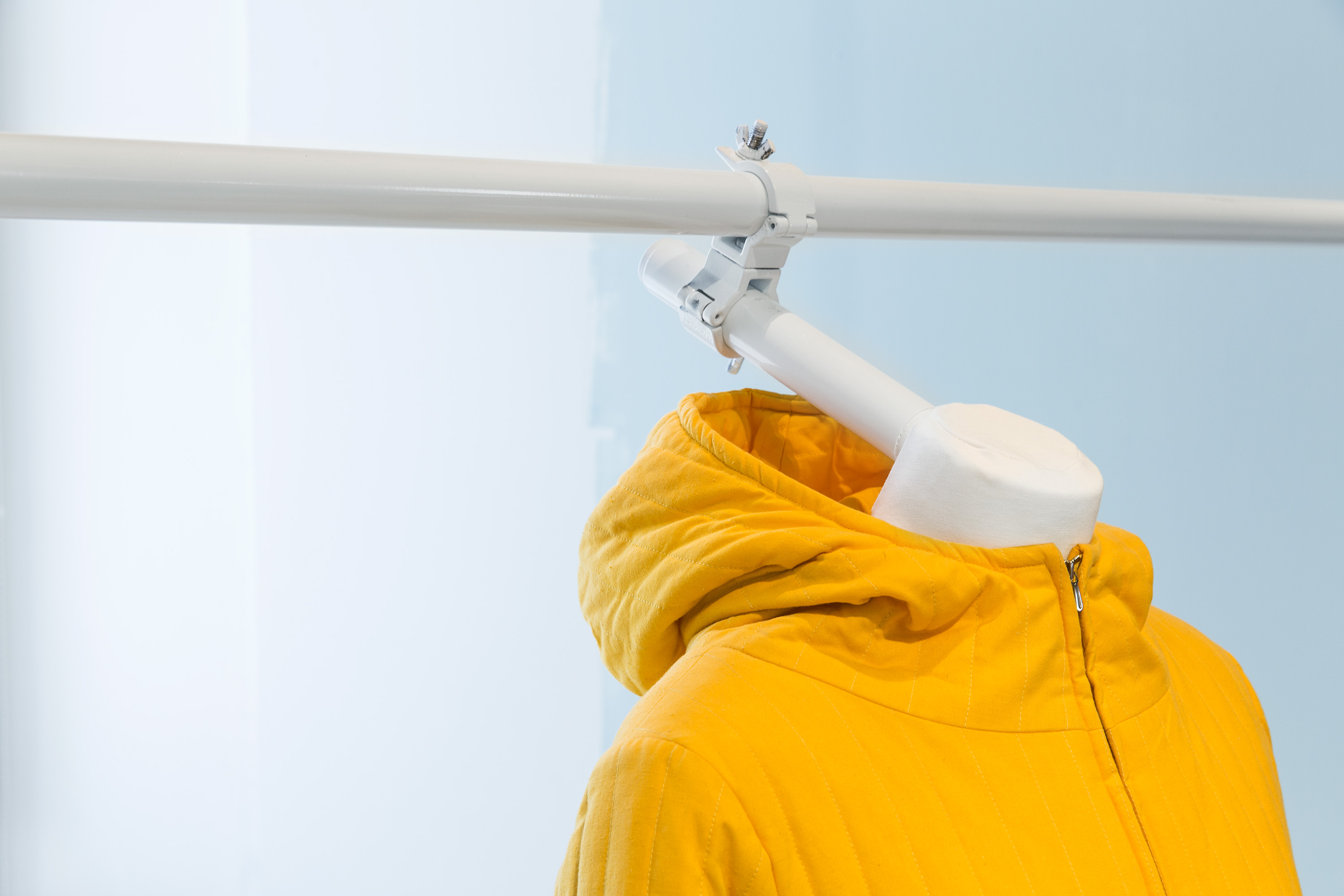
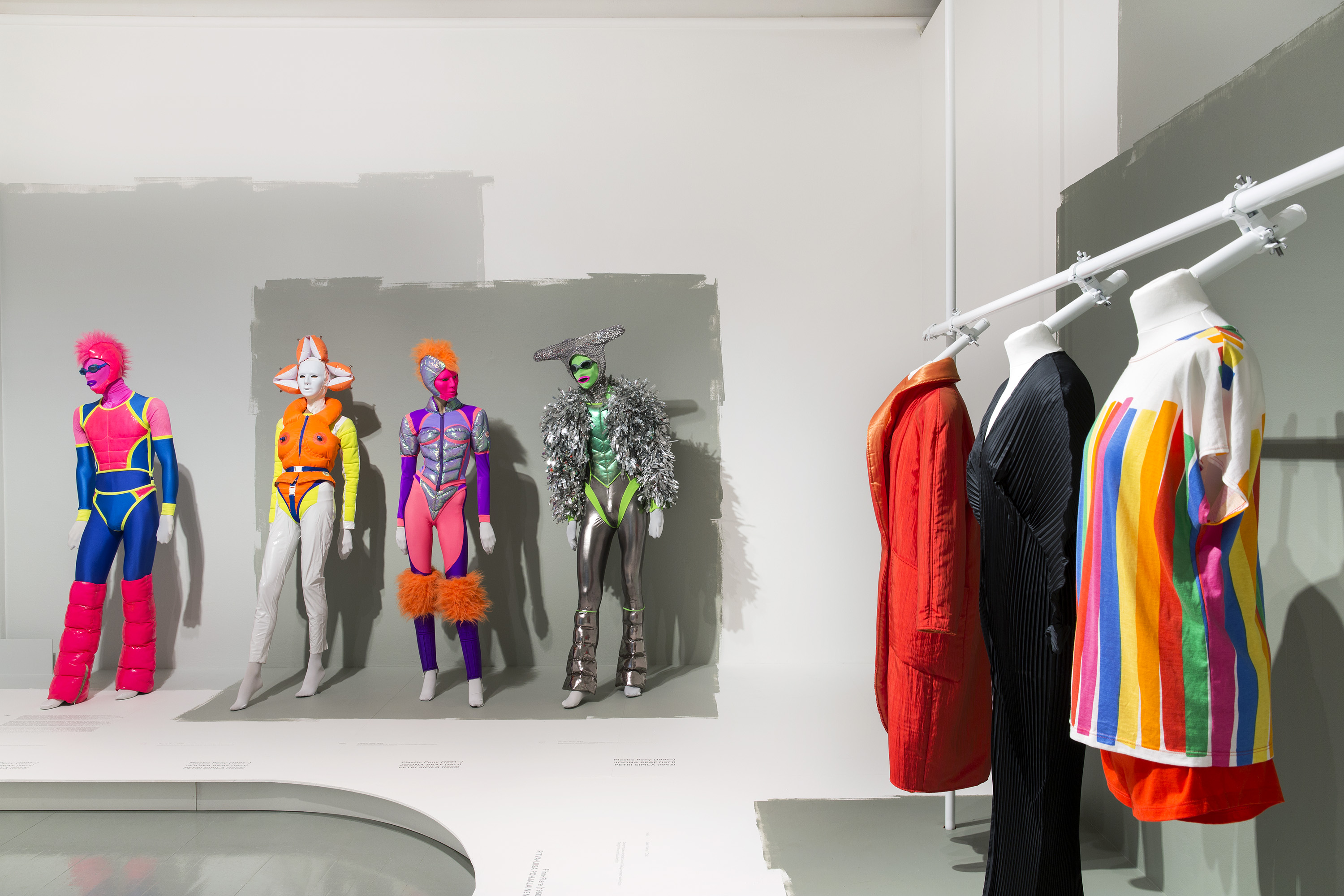
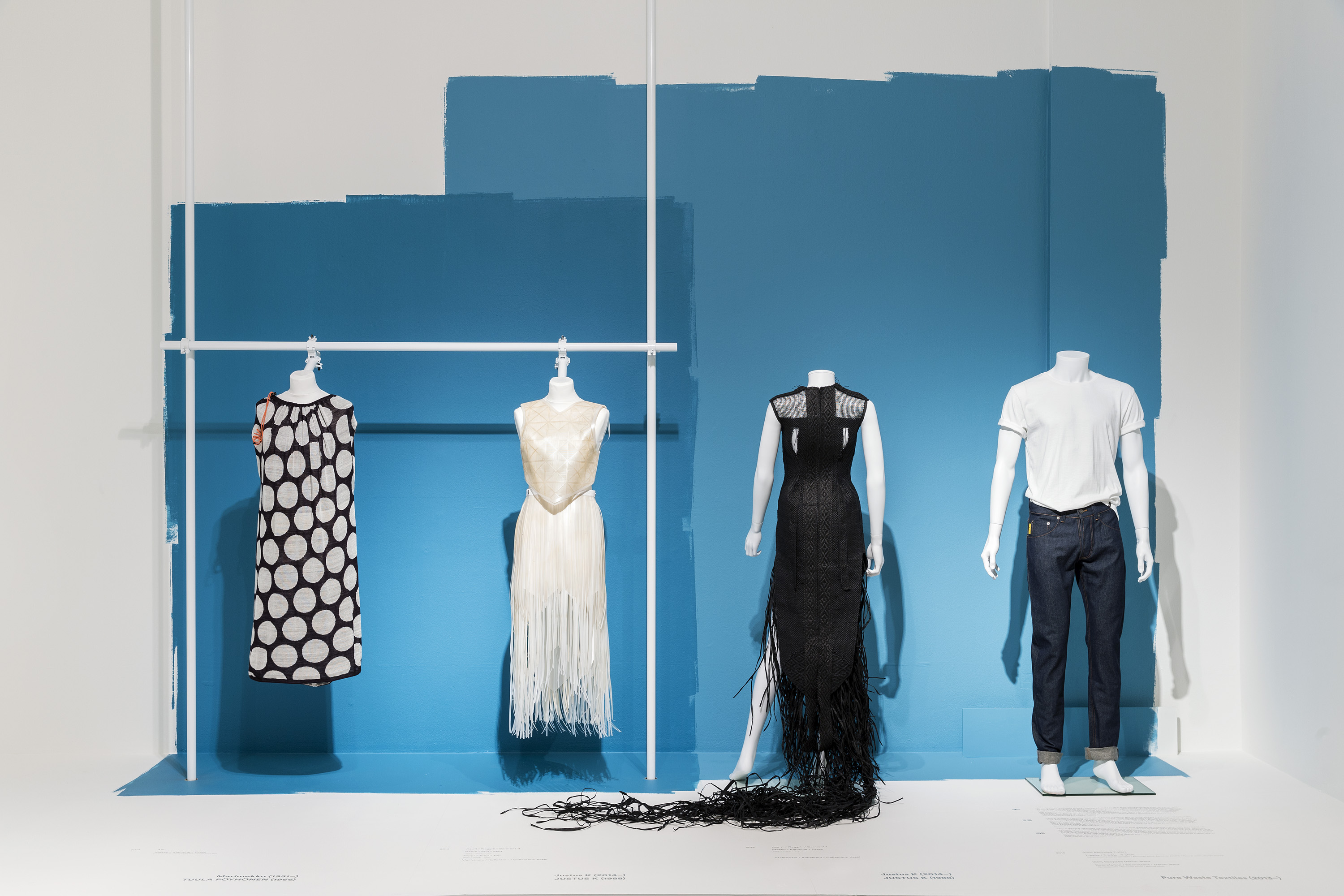
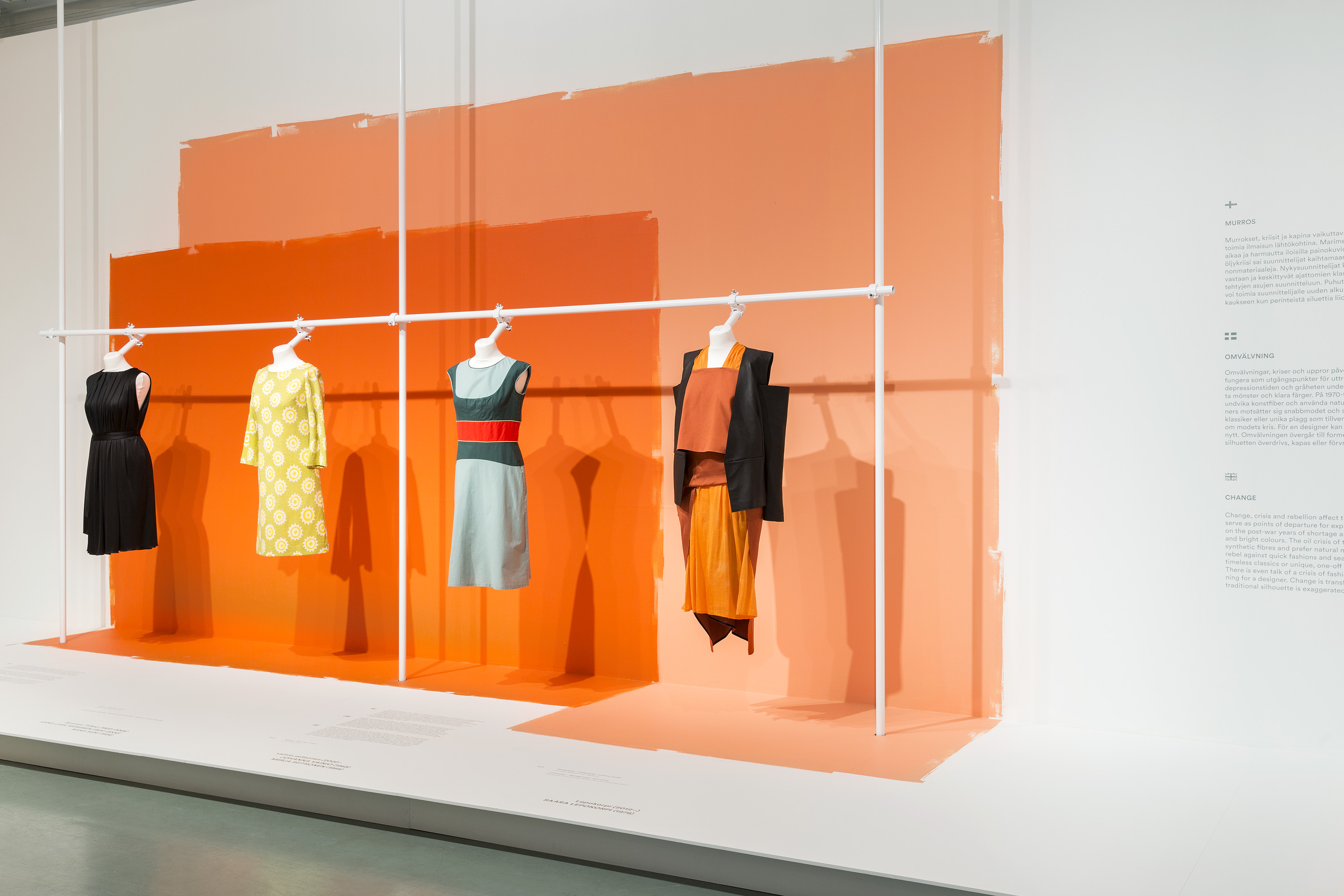
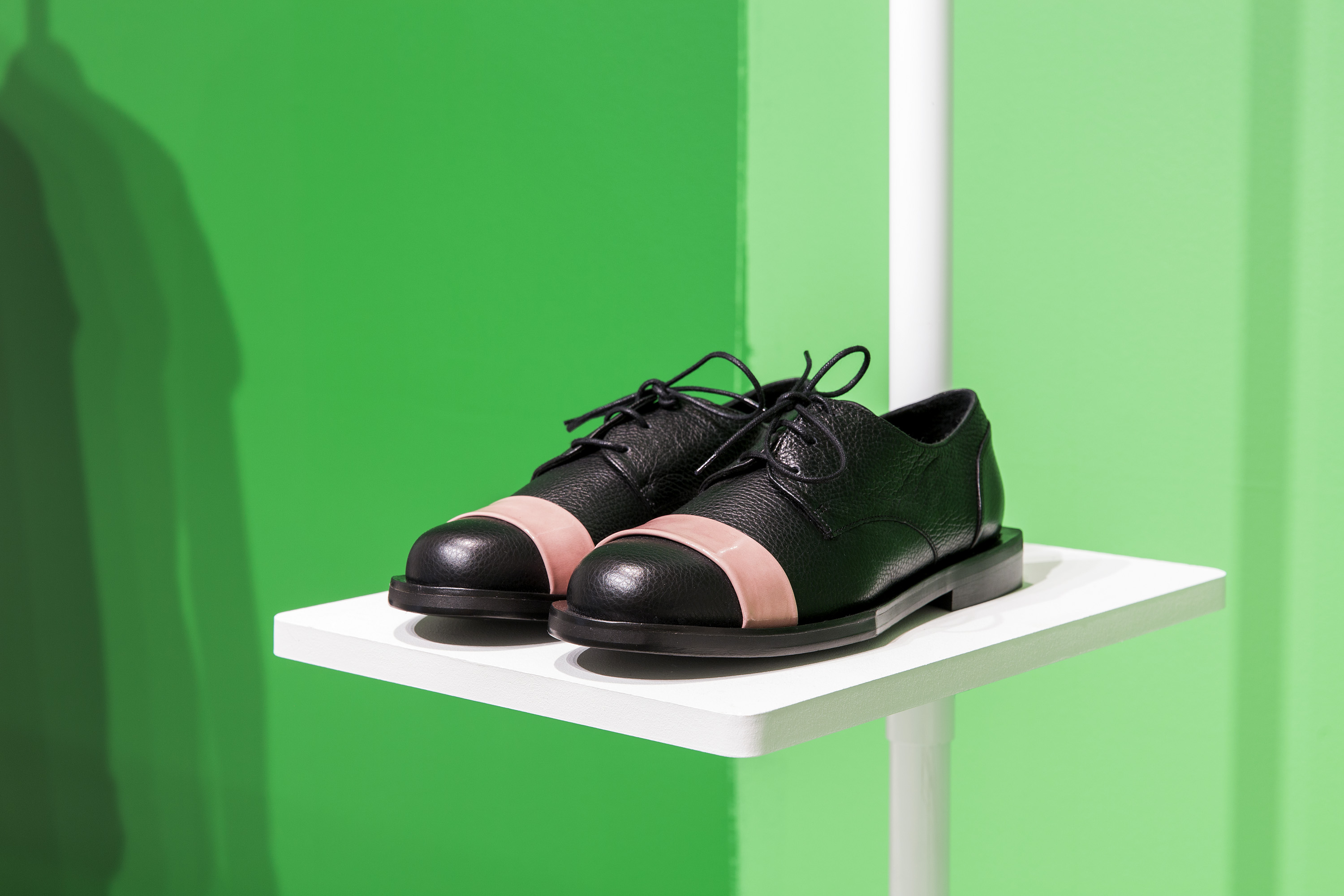
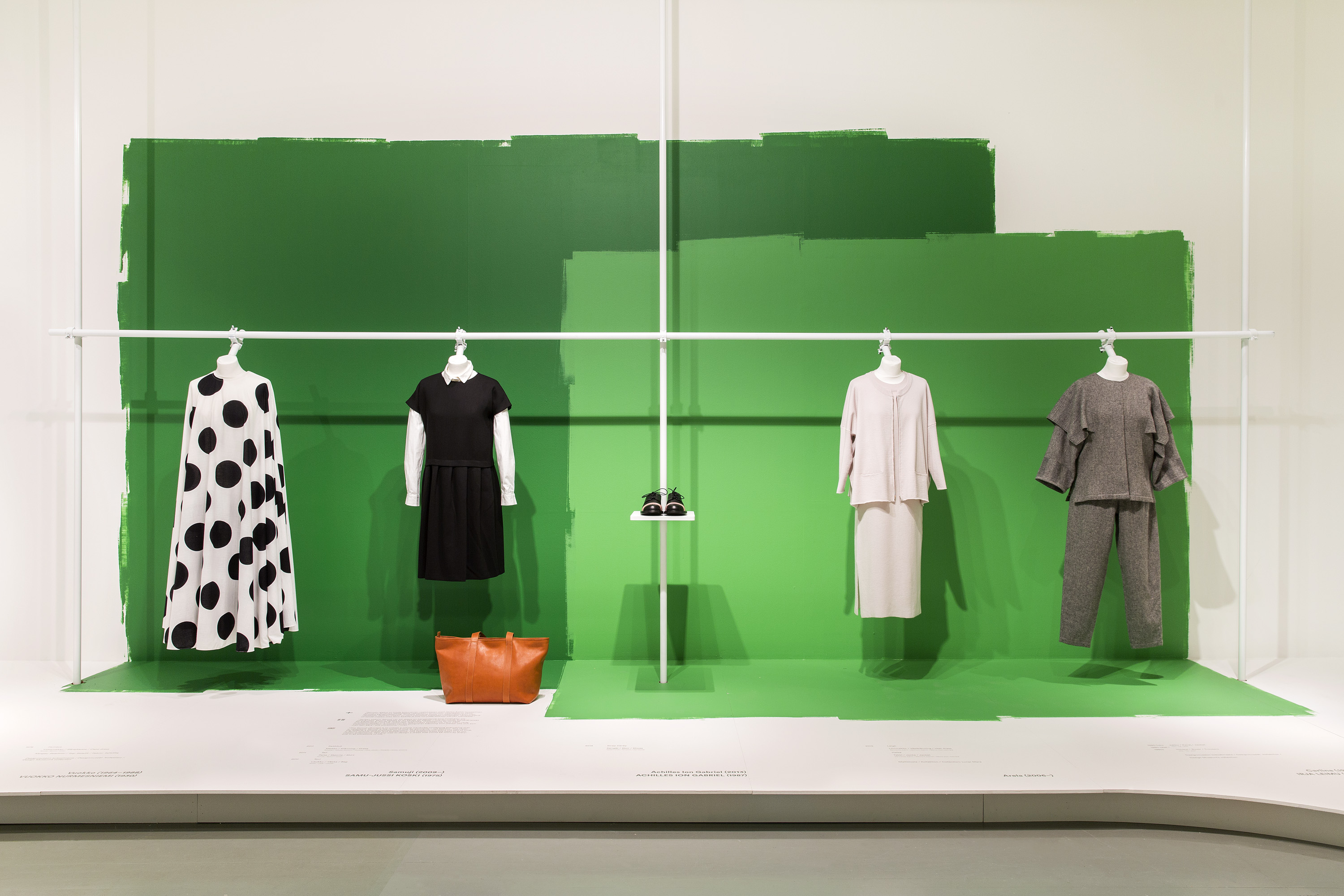
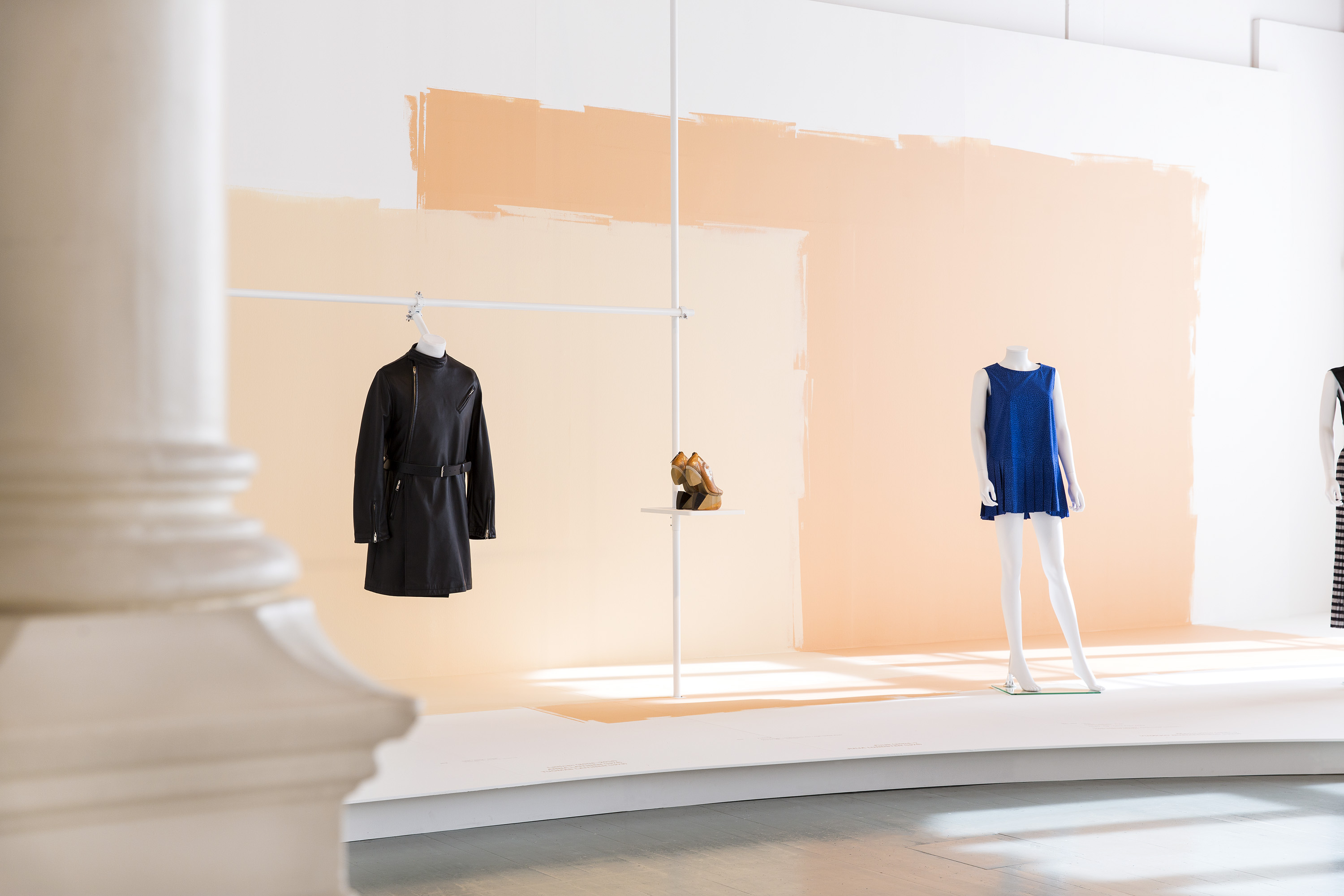

A couple of years ago, my friend Suvi, the chief curator of the Design Museum in Helsinki, decided that a comprehensive museum exhibition about Finnish fashion needed to be developed as soon as possible: the Finnish fashion has made a striking entrance in recent years, and the scene is flourishing with young, talented and internationally potential designers. It has even been said that Finnish fashion has not had such a moment since Jacqueline Kennedy fell in love with Marimekko’s cheerful prints during the ’60s. And there has never been a historical exhibition on this theme before.
Suvi asked if I would like to help with the curation, and of course I said YES! As a former student of museology and history, curating an exhibition was a dream-come-true for me. As a result of that conversation, the exhibition “Finnish Fashion: An Anthology” opened on June 5, and closed one week ago.
First, we proposed the following questions: “What is Finnish fashion?” “What does it look like?” and “Why does it look like it does?” Based on these questions, we developed the nine themes around which we built the exhibition: Change, The Economic Boom, The Engineering Mindset, Equality, Folk, Globalization, The Millennium, Modernism, and Winter. We wanted to learn how the development and conditions of Finnish society have been manifested in fashion through the post-war decades.
The Design Museum has an extensive, marvelous fashion and clothes collection, which naturally formed the starting point for the curation work. Approximately one-third of the exhibits come from the museum’s collections.
We started working on the exhibition after I had moved to San Francisco, so I was unfortunately unable to meet and interview designers and visit the museum archives. On the other hand, working from such a long distance gave me a new perspective on a familiar subject.
After any project I think it’s good to ask, what lessons did I learn?
Firstly, some of the most iconic pieces of Finnish fashion do not exist anymore, or they are too worn-out to be exhibited. Therefore, some key pieces were missing from the exhibition, such as the Lee Cooper parka jacket by Irja Leimu and Mic Mac jeans.
Thirdly, it’s super expensive to create museum exhibitions. You need to insure all the exhibits, post them back and forth, and do loads of paper work. This takes money and time. When we began working, we dreamed of publishing a catalogue or book in conjunction with the exhibition. We also dreamed of showcasing photos and videos in addition to outfits. This time these dreams did not come true.
In a way, I agree with the cultural critique from Aino Frilander at Helsingin Sanomat: our exhibition was a missed opportunity. This could have been the most perfect opportunity and timing to gather and publish more information about the history of Finnish fashion in a form of a comprehensive publication. The Design Museum is able to publish only one printed catalogue per a year which means not all exhibitions can have one.
However, I think this is just the beginning! After all, this was the very first historical exhibition on the subject. I’m sure there will be many more opportunities for books, articles, exhibitions, and conversations about Finnish fashion.
The final conclusion: I’m super happy with the end result. The exhibition looked like we did it: it’s positive, colourful, multifaceted. It also questions the traditional definition of the ‘fashion’.
PS: I just learned that there were 28% more visitors to the Design Museum this July than there were last July. Yay!
Interior Architecture by Linda Bergroth. Photos by Paavo Lehtonen.